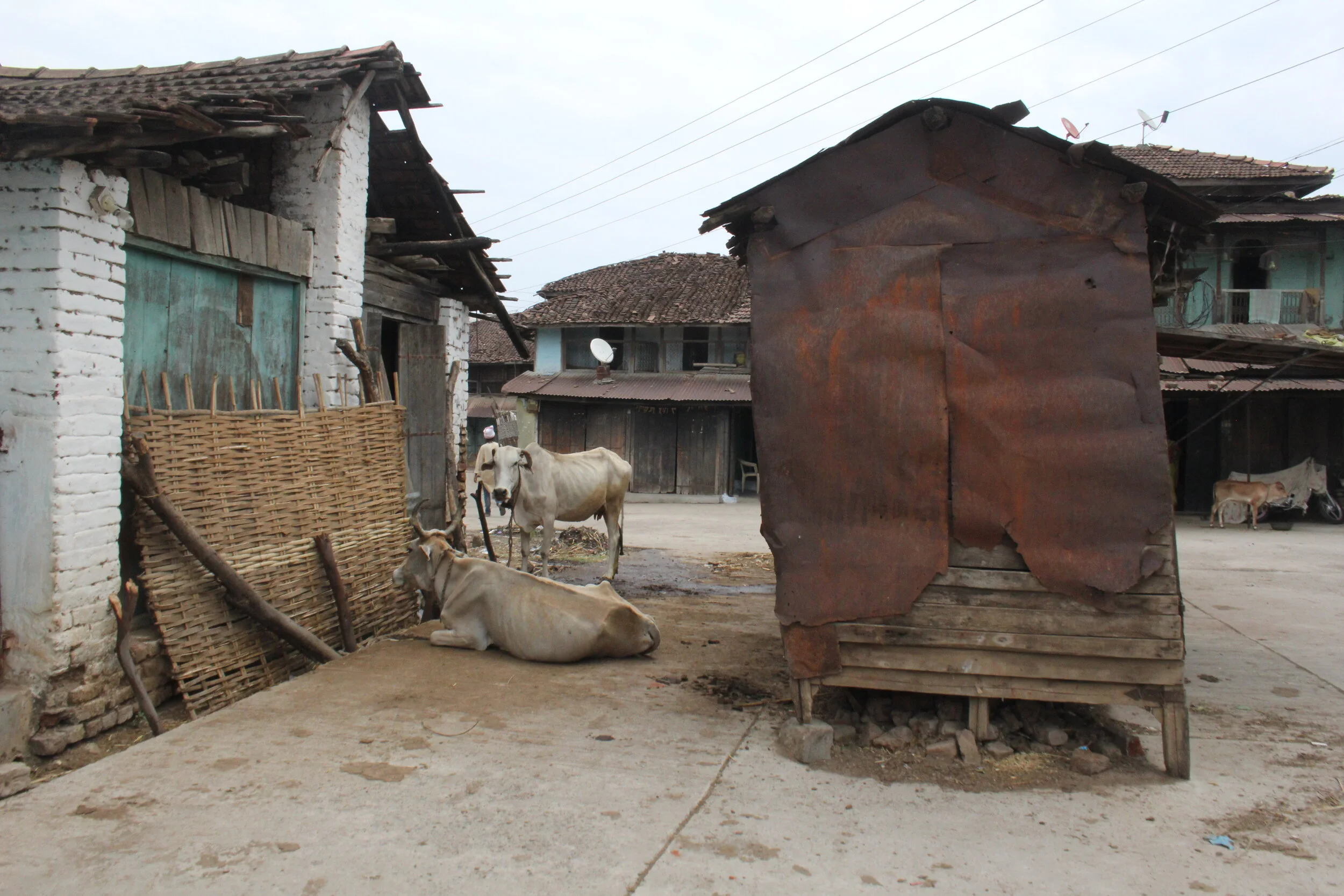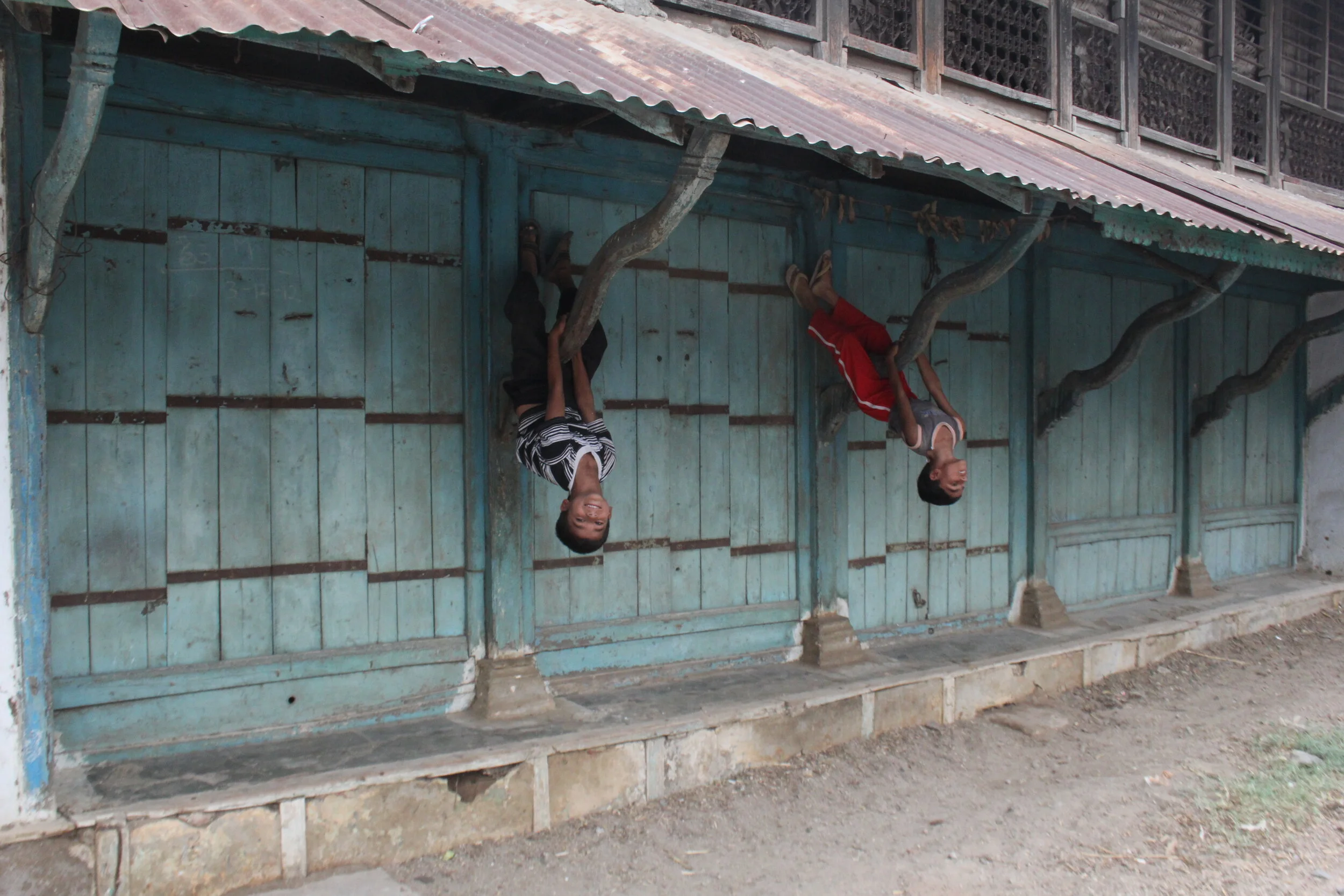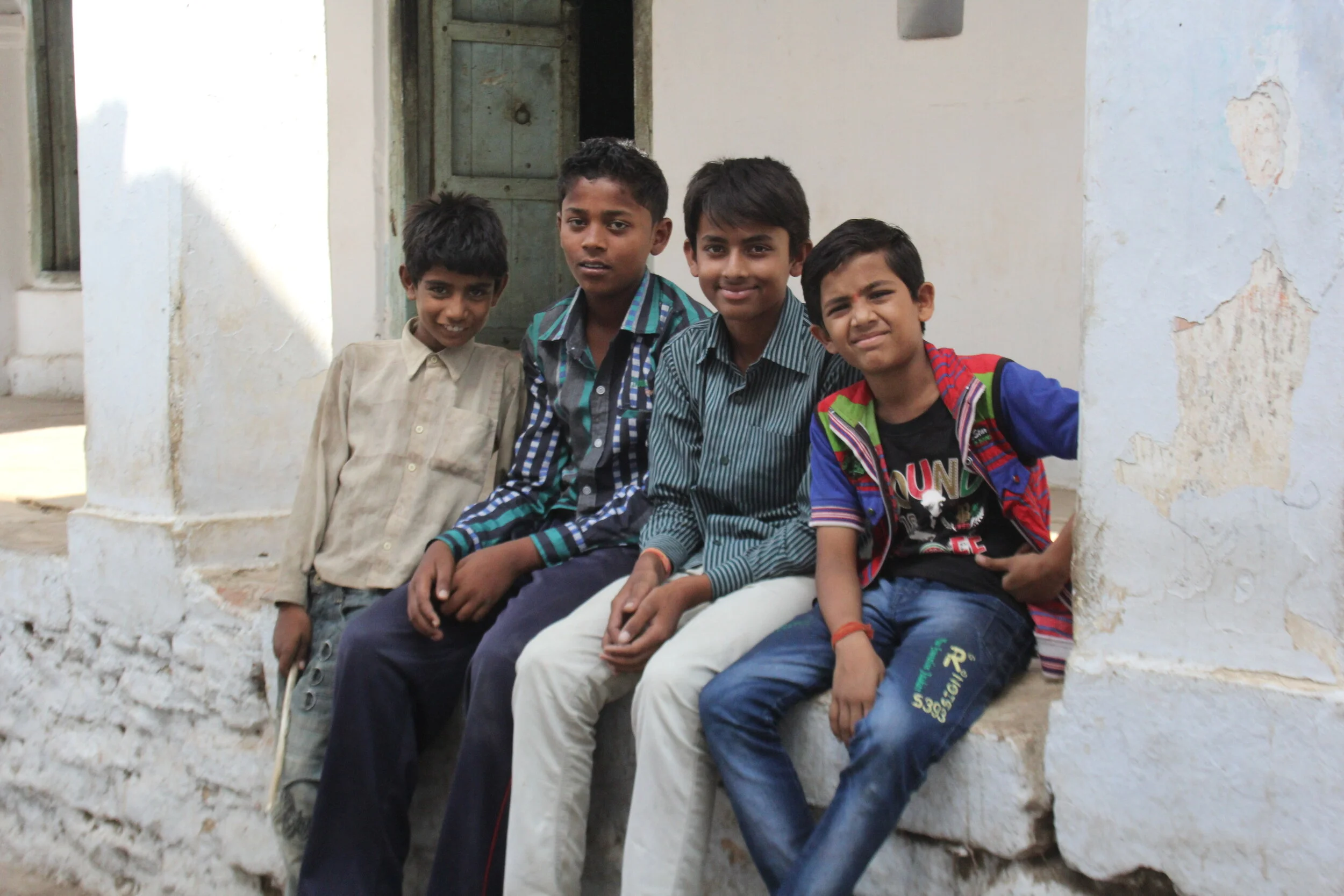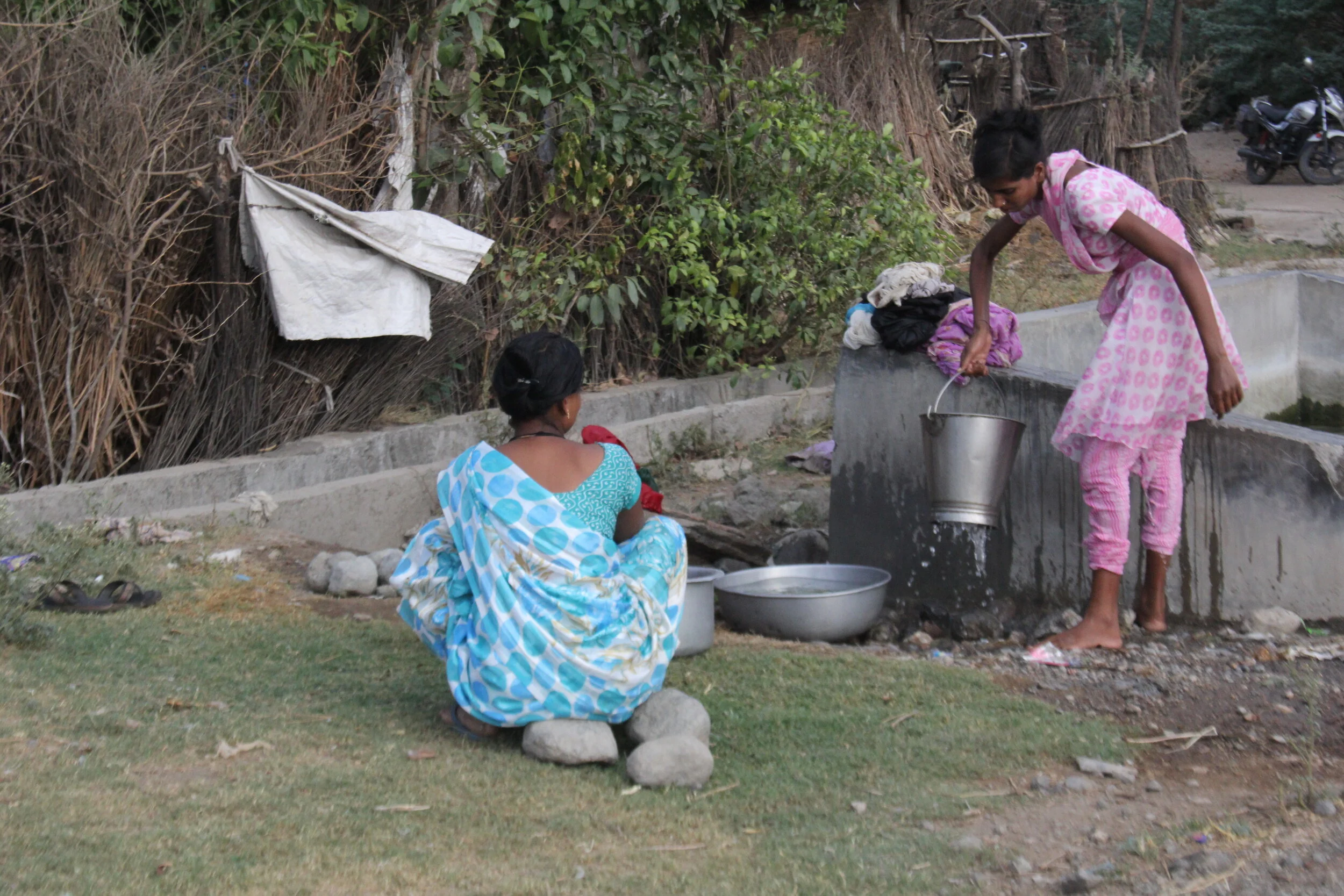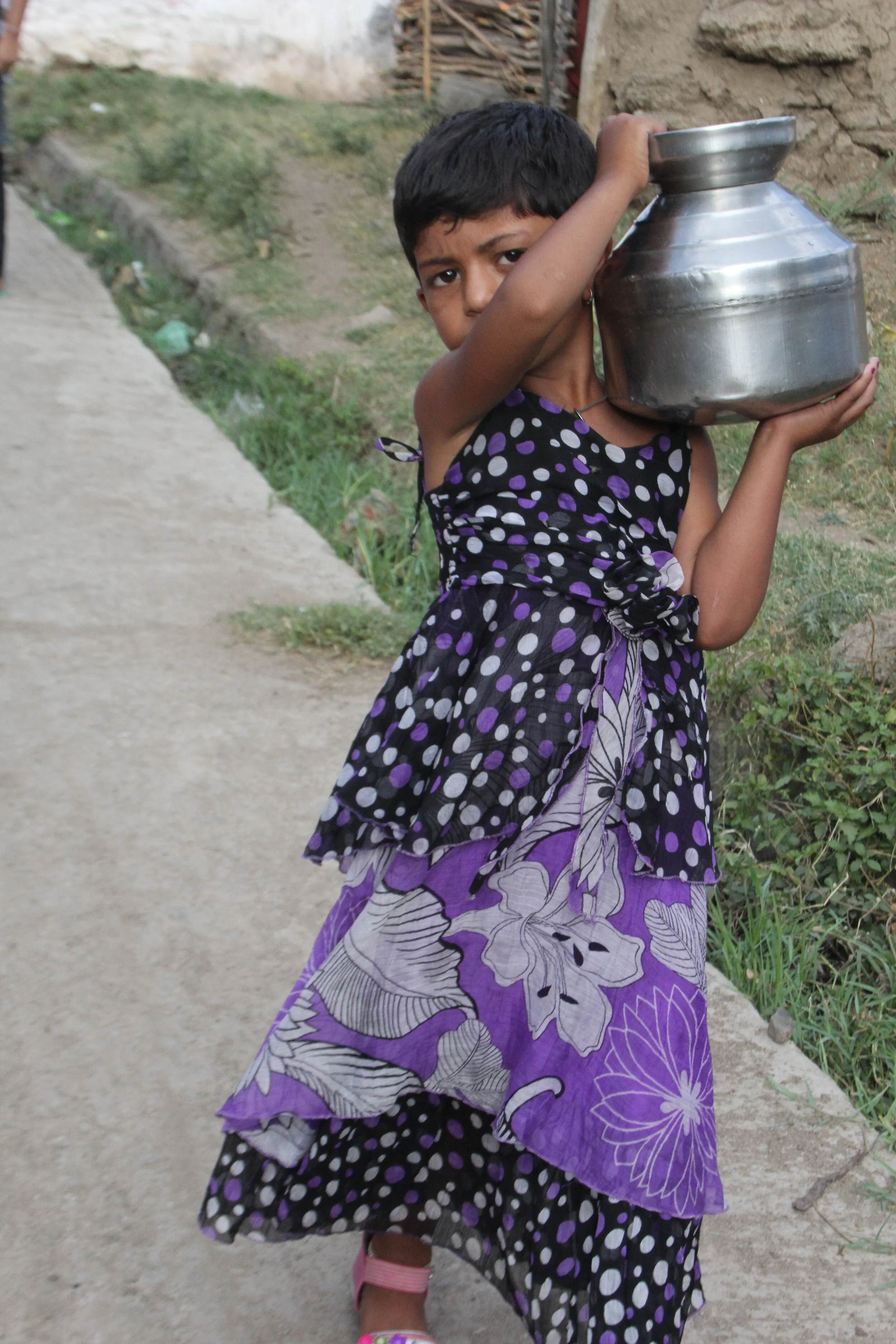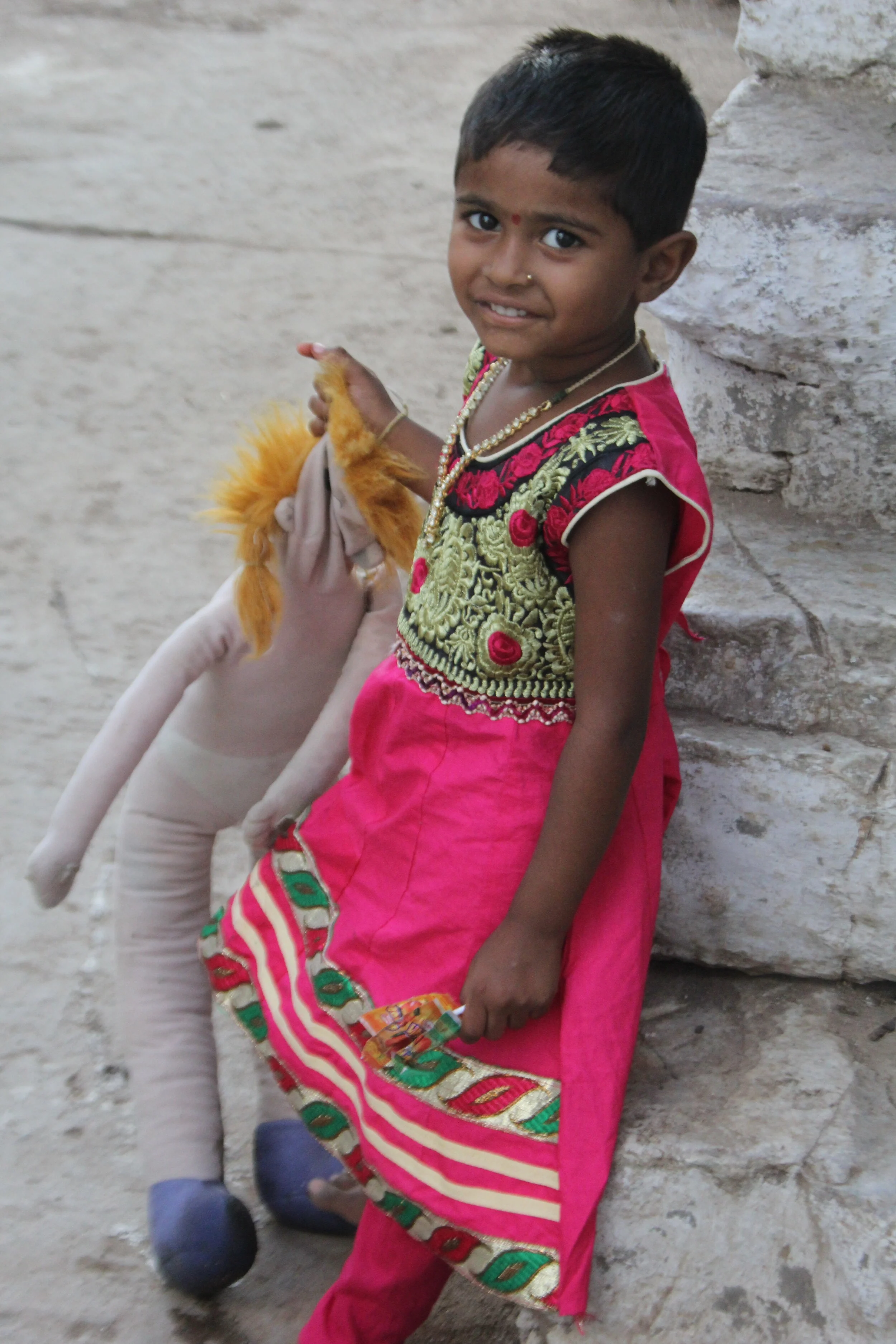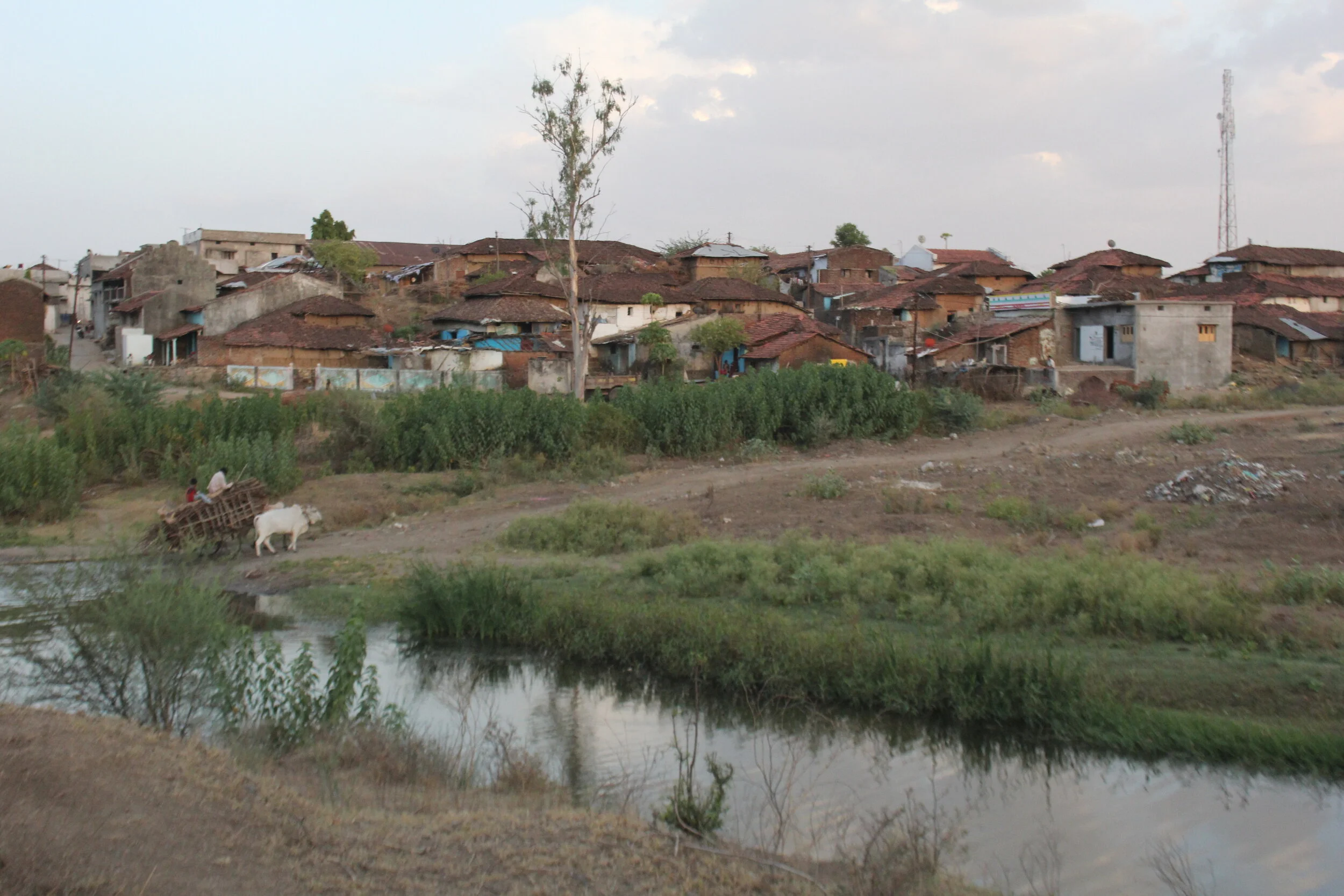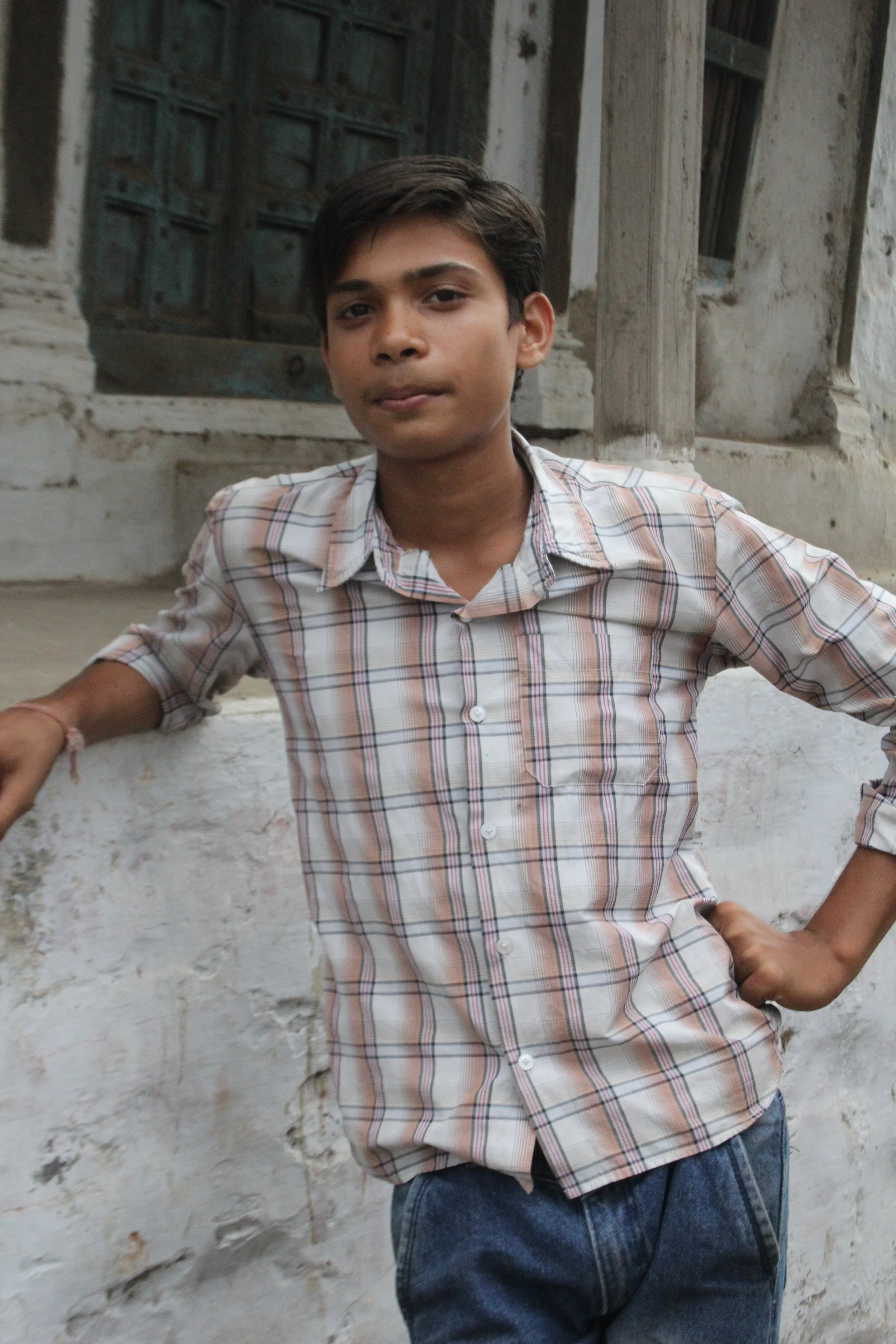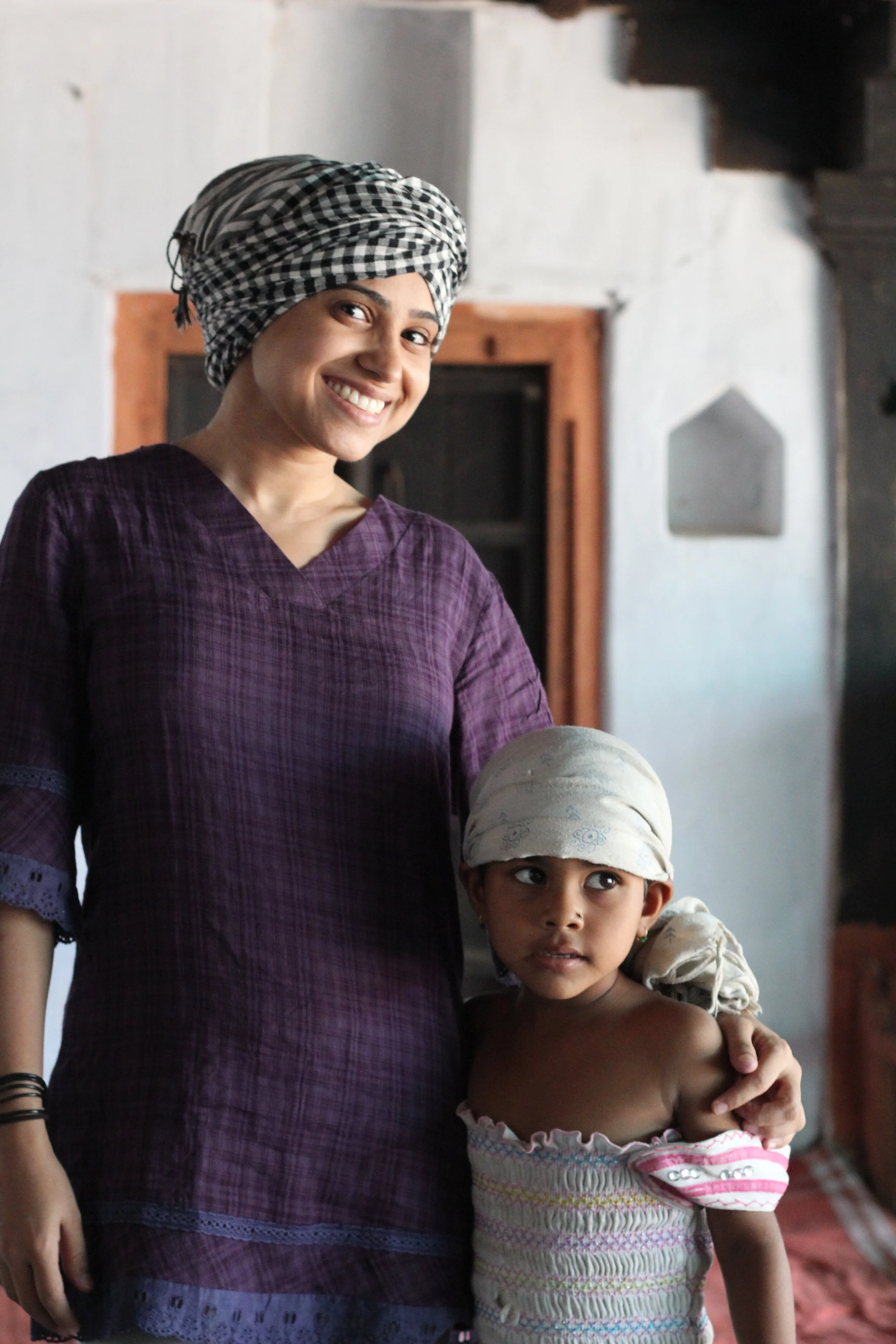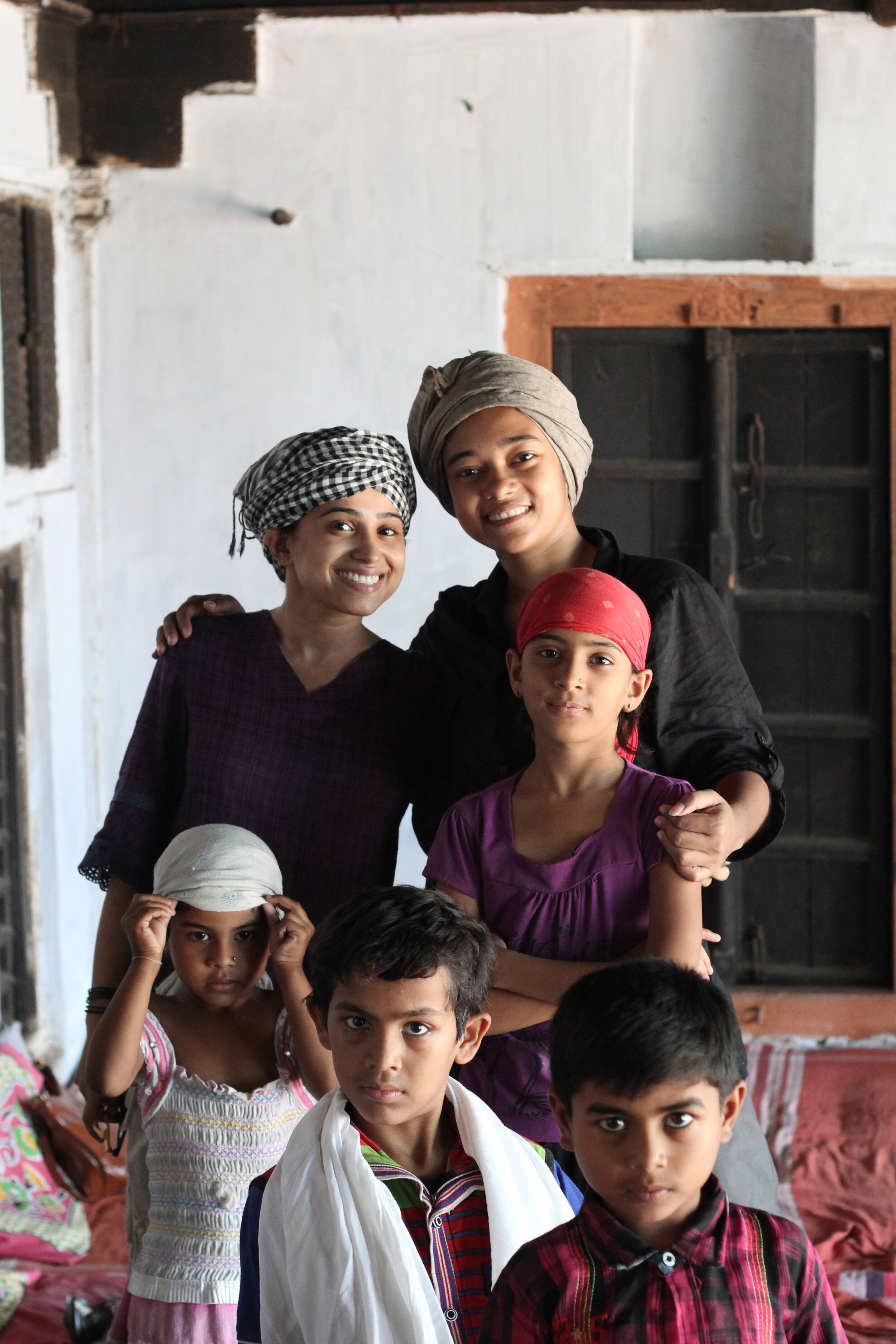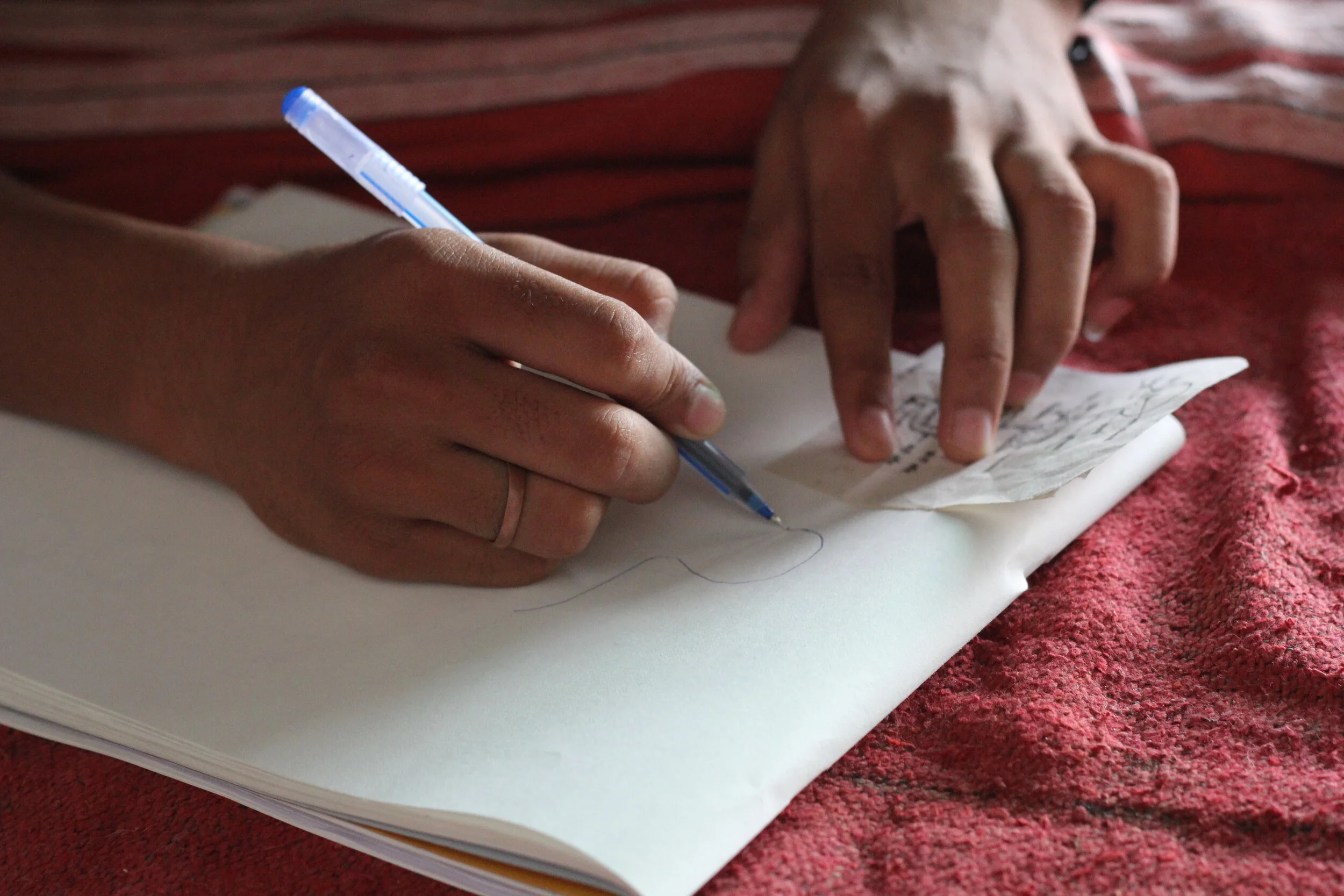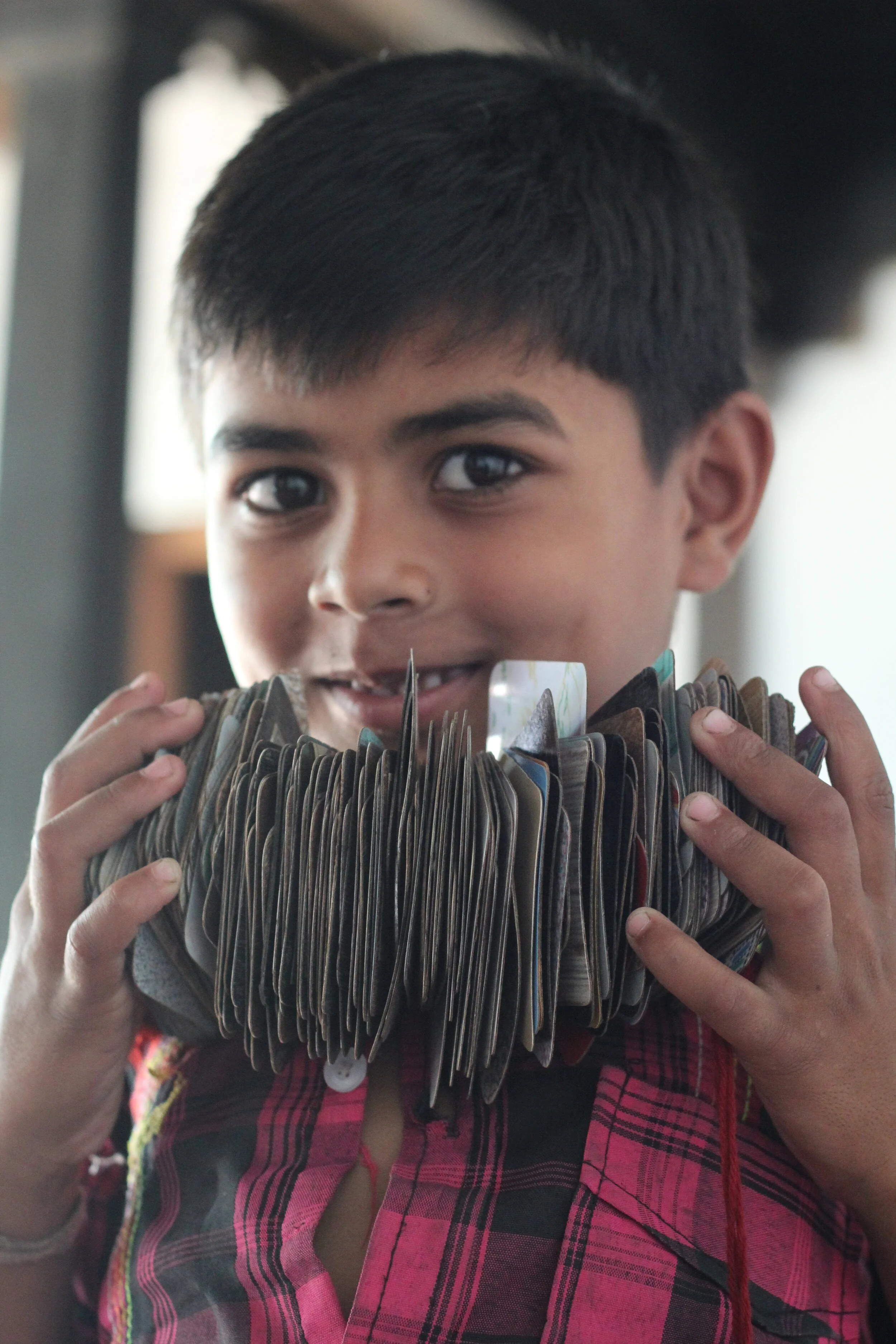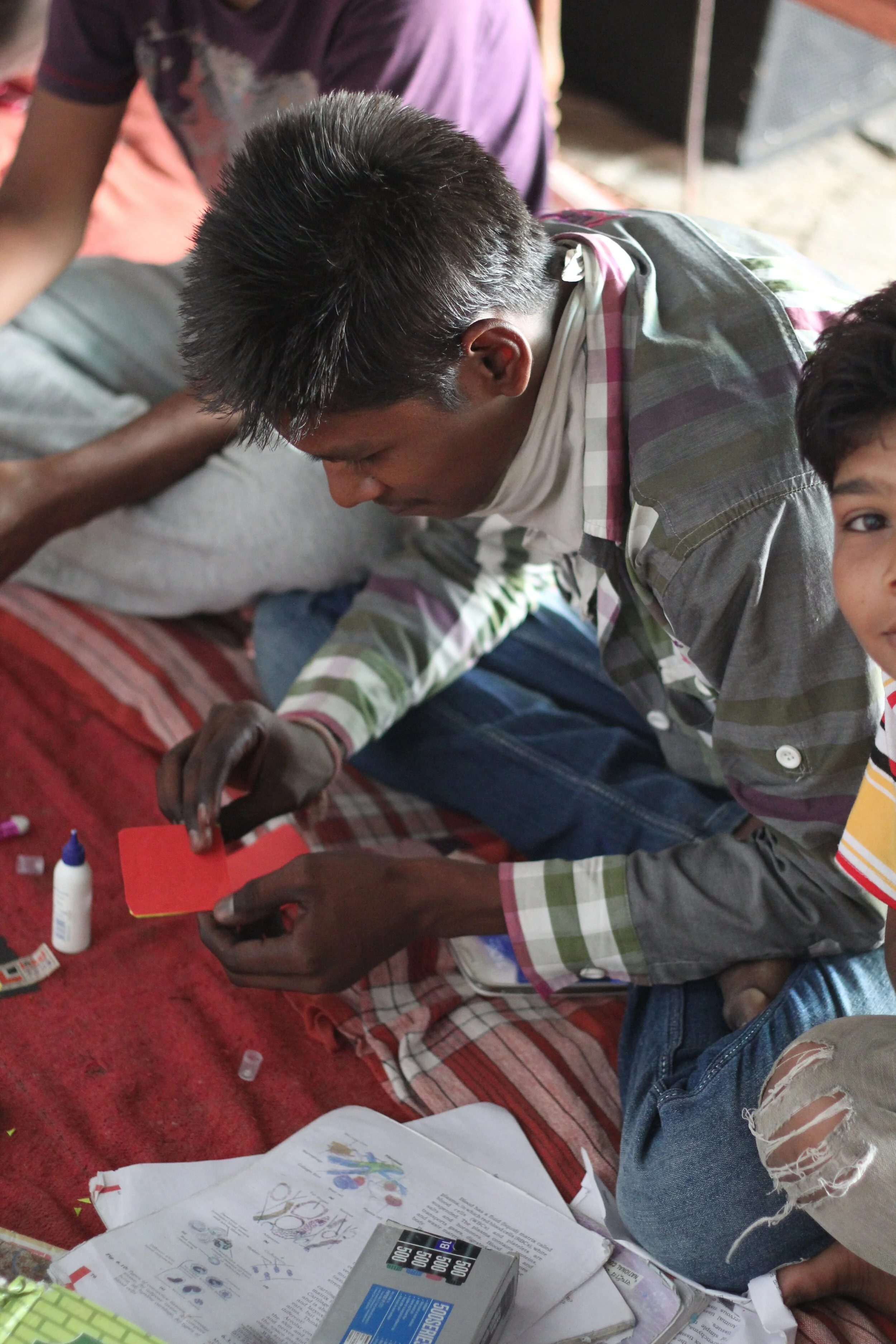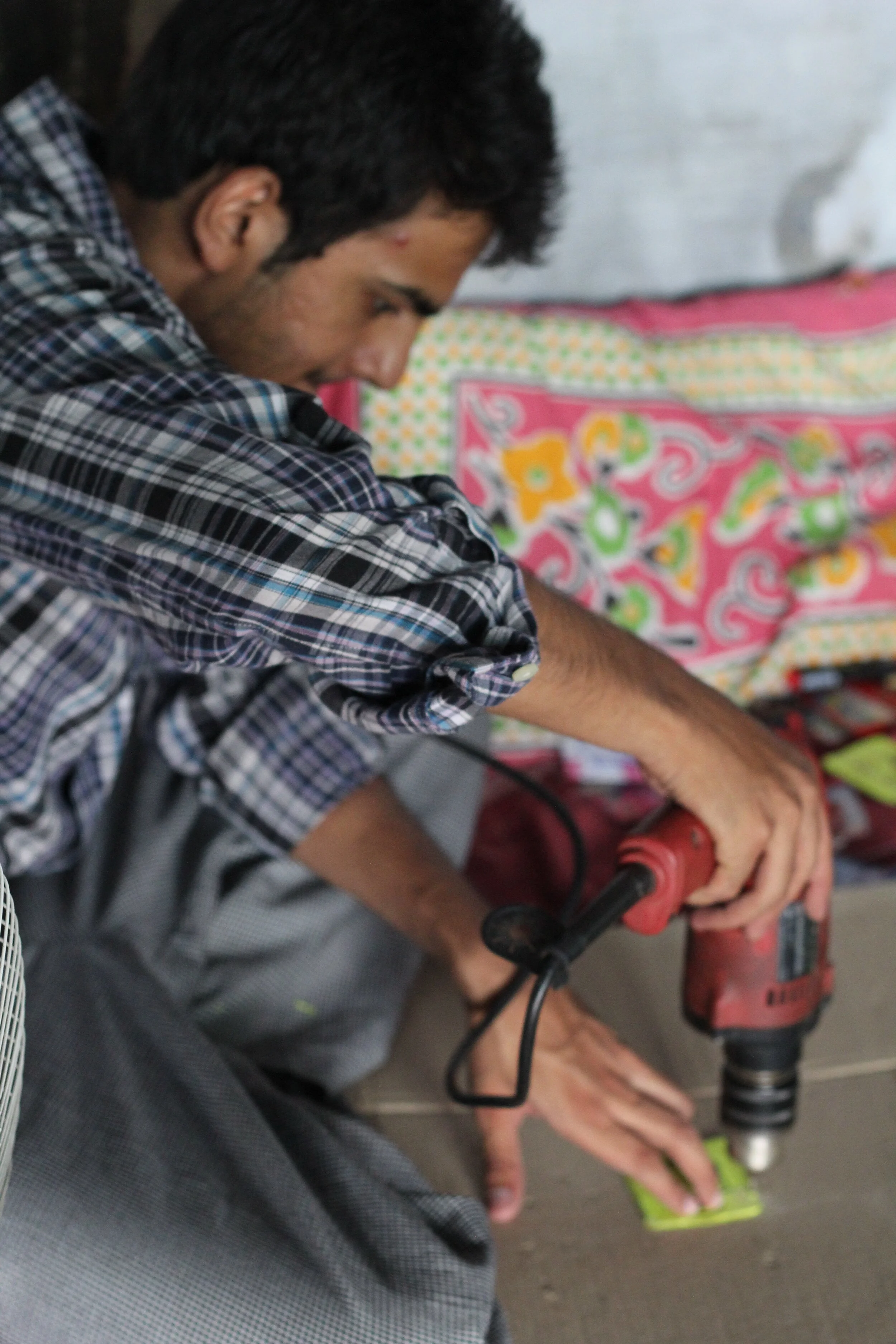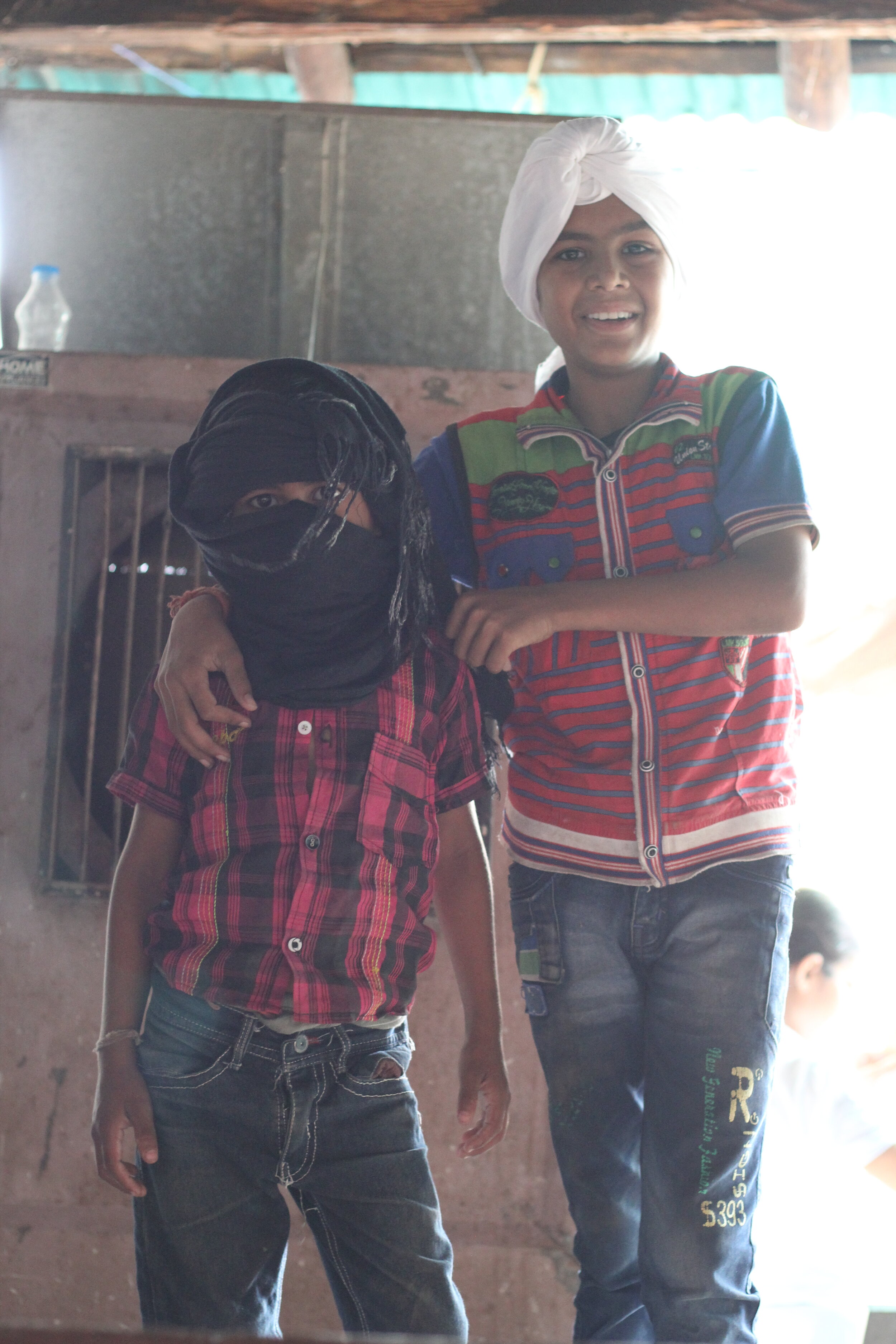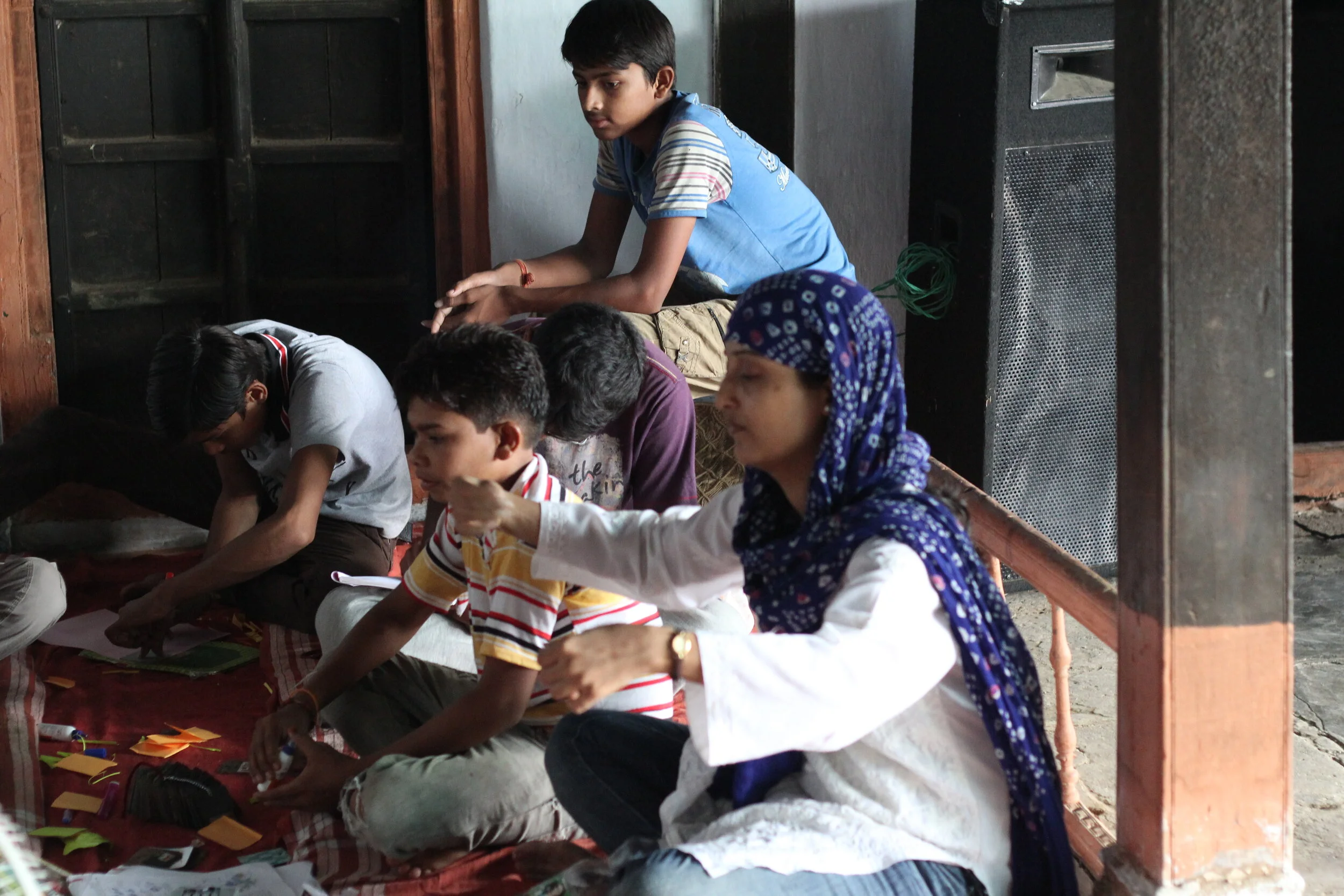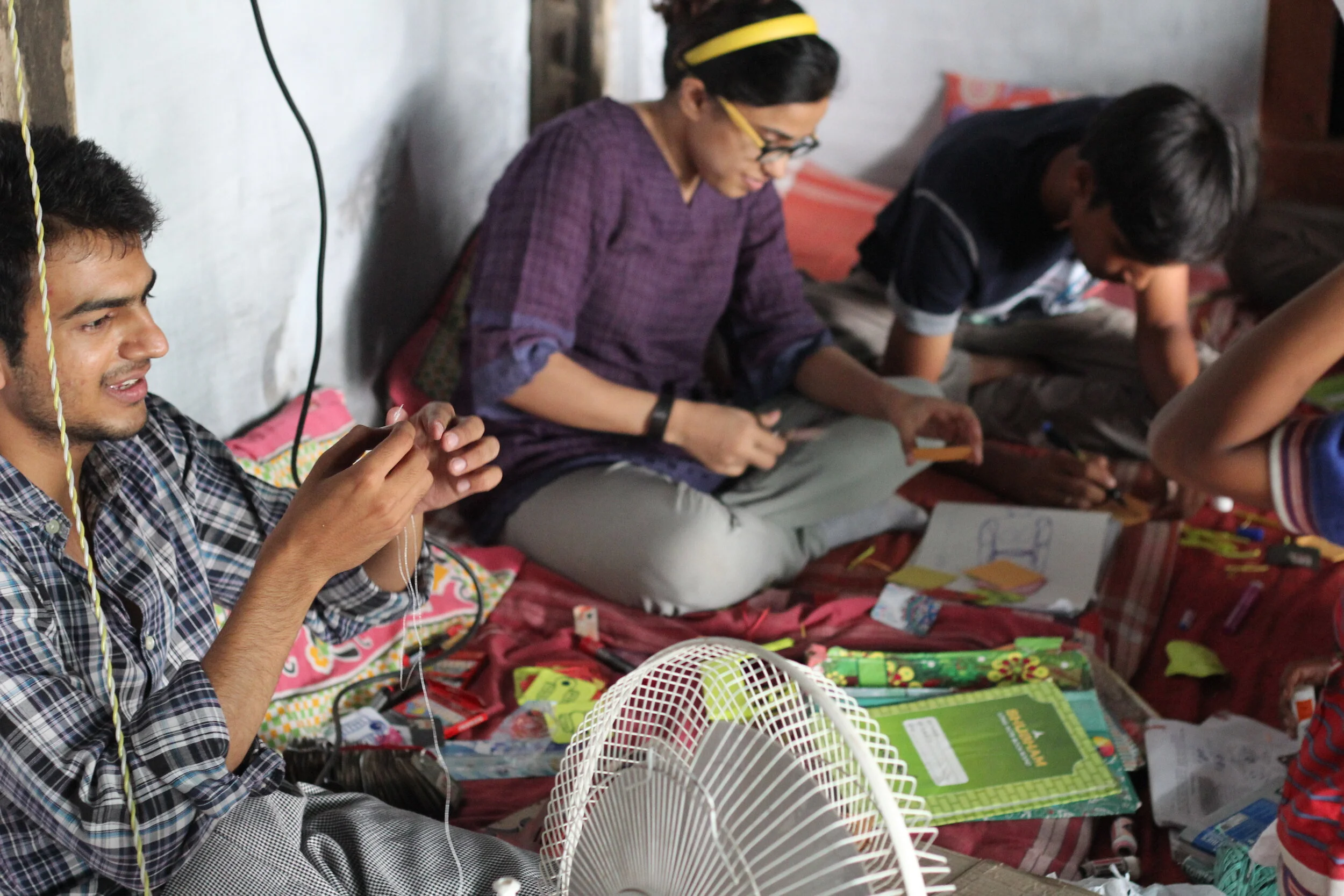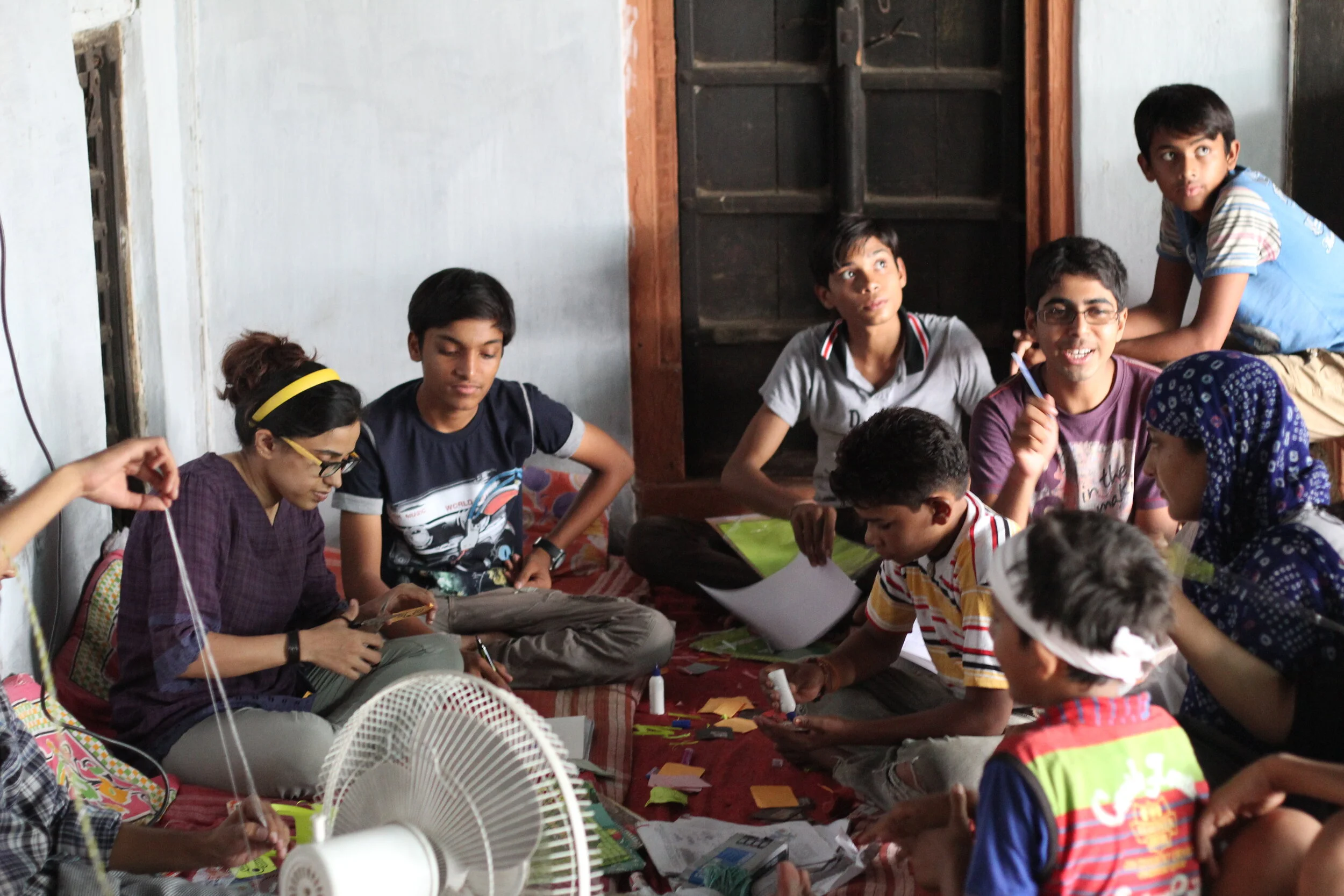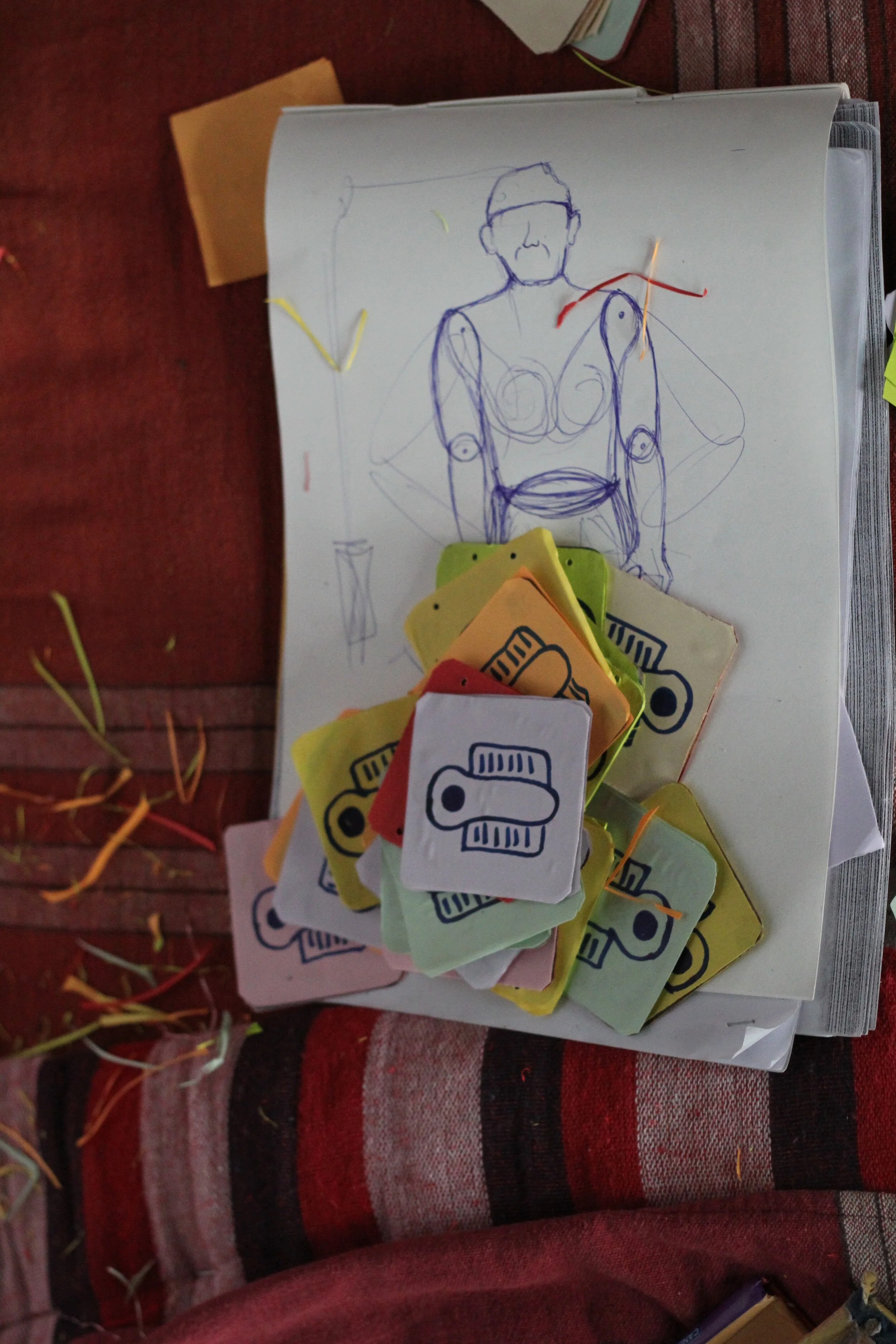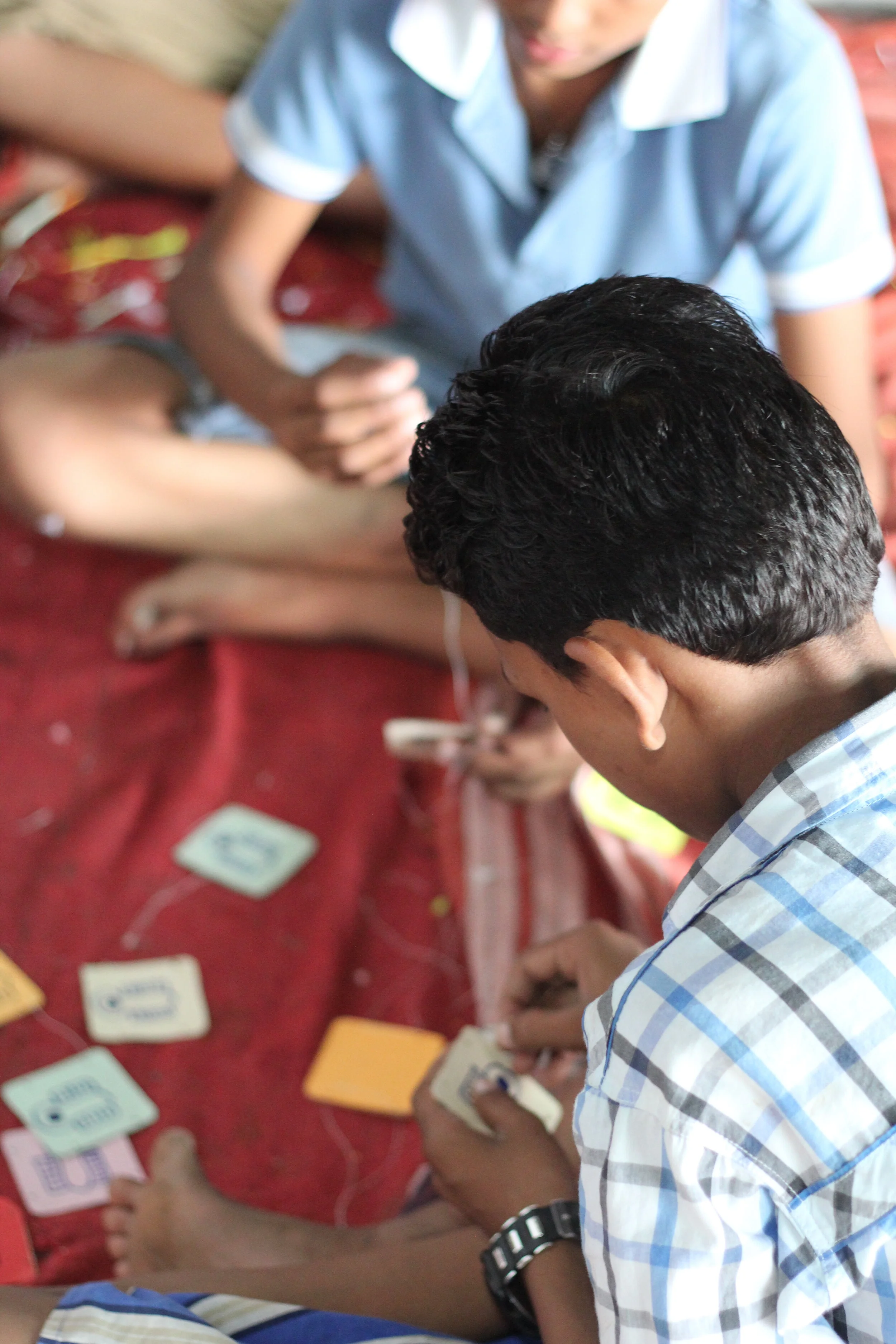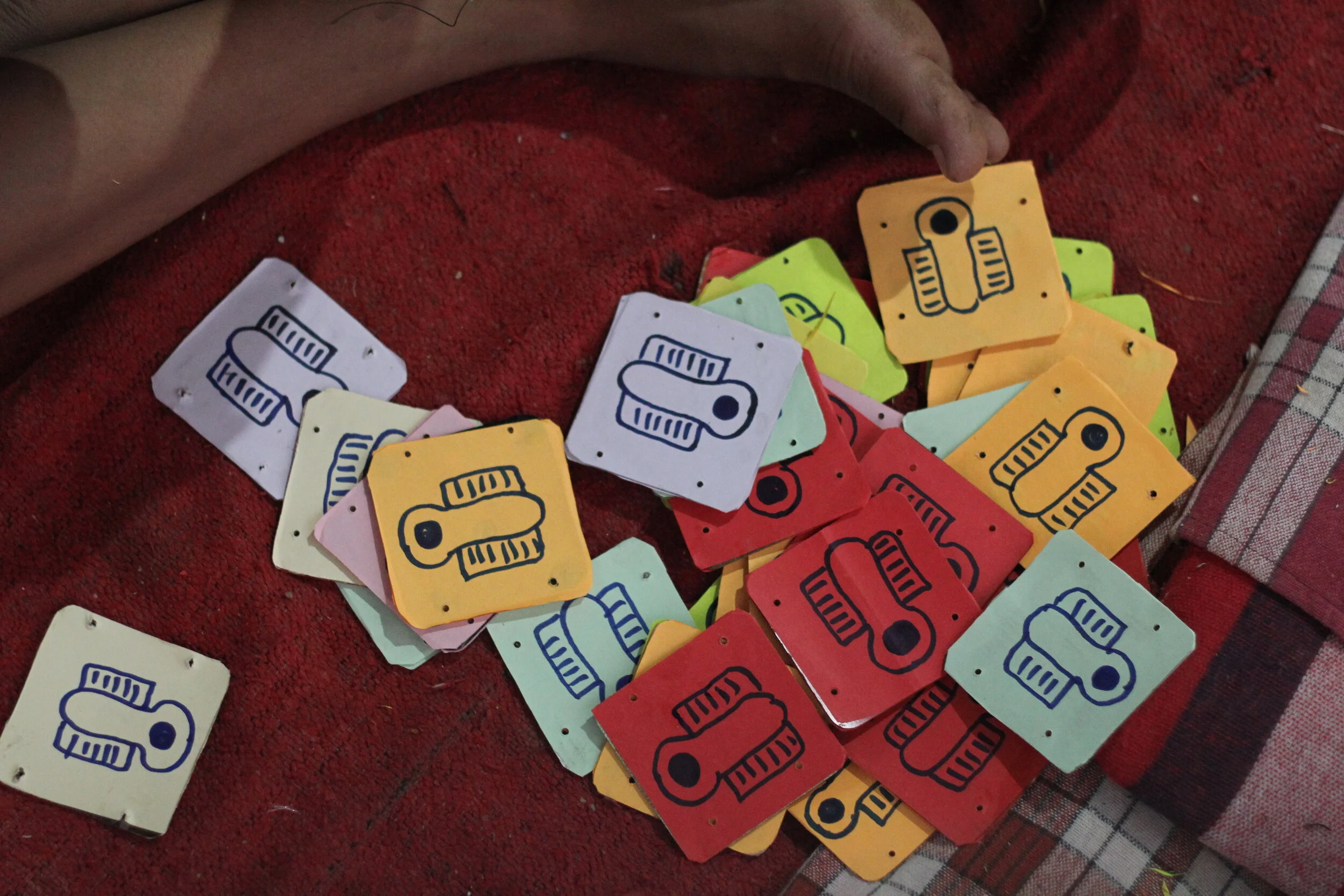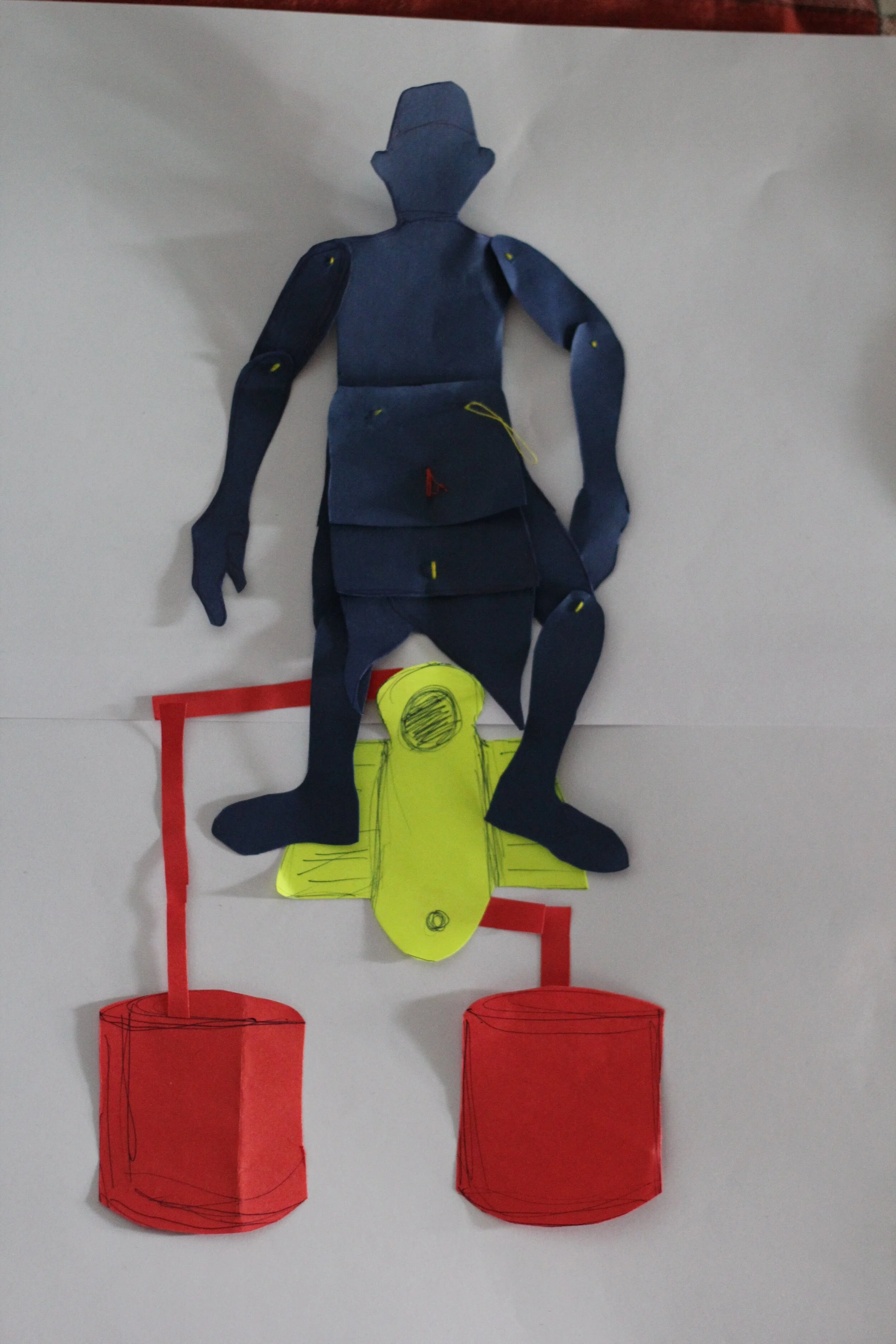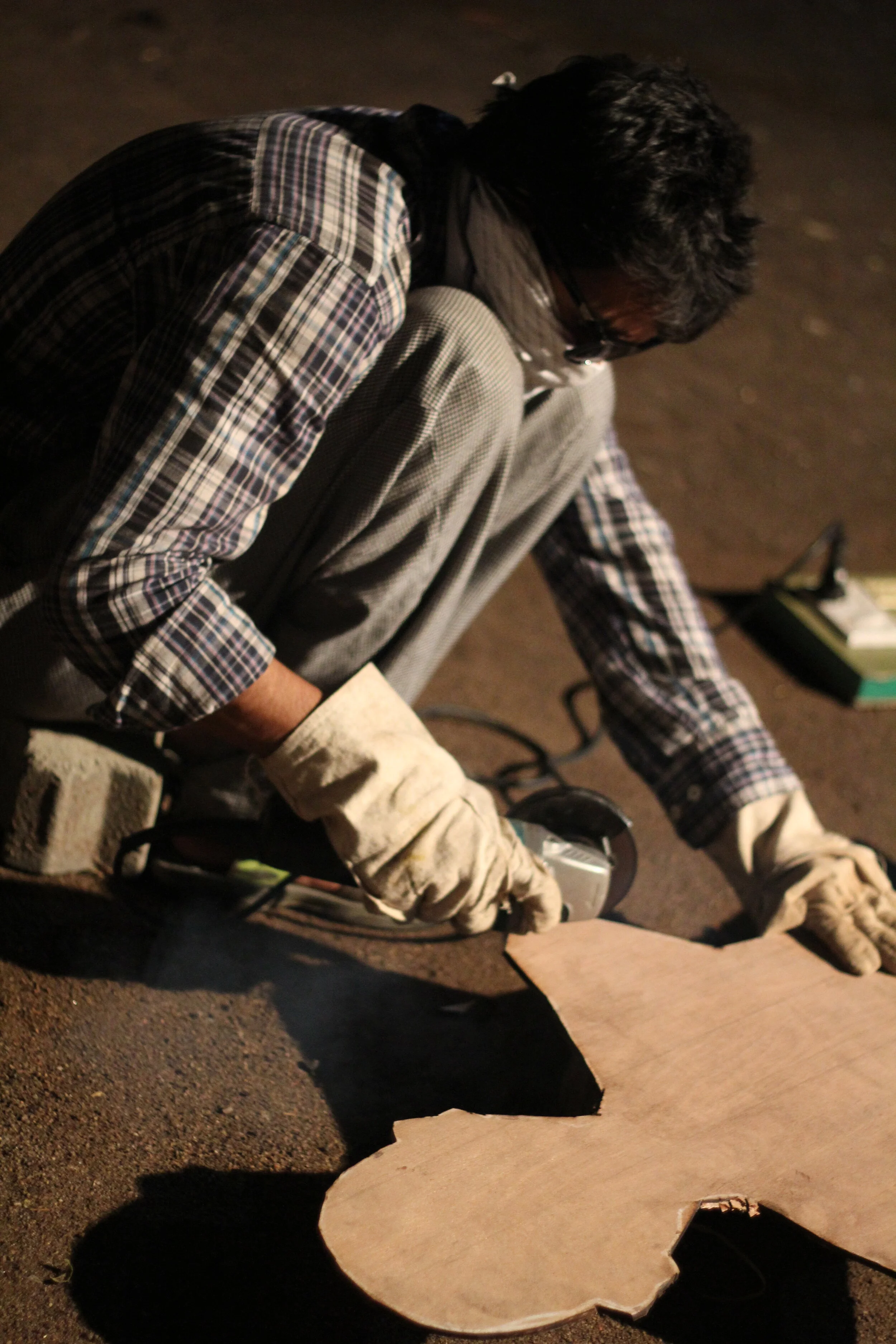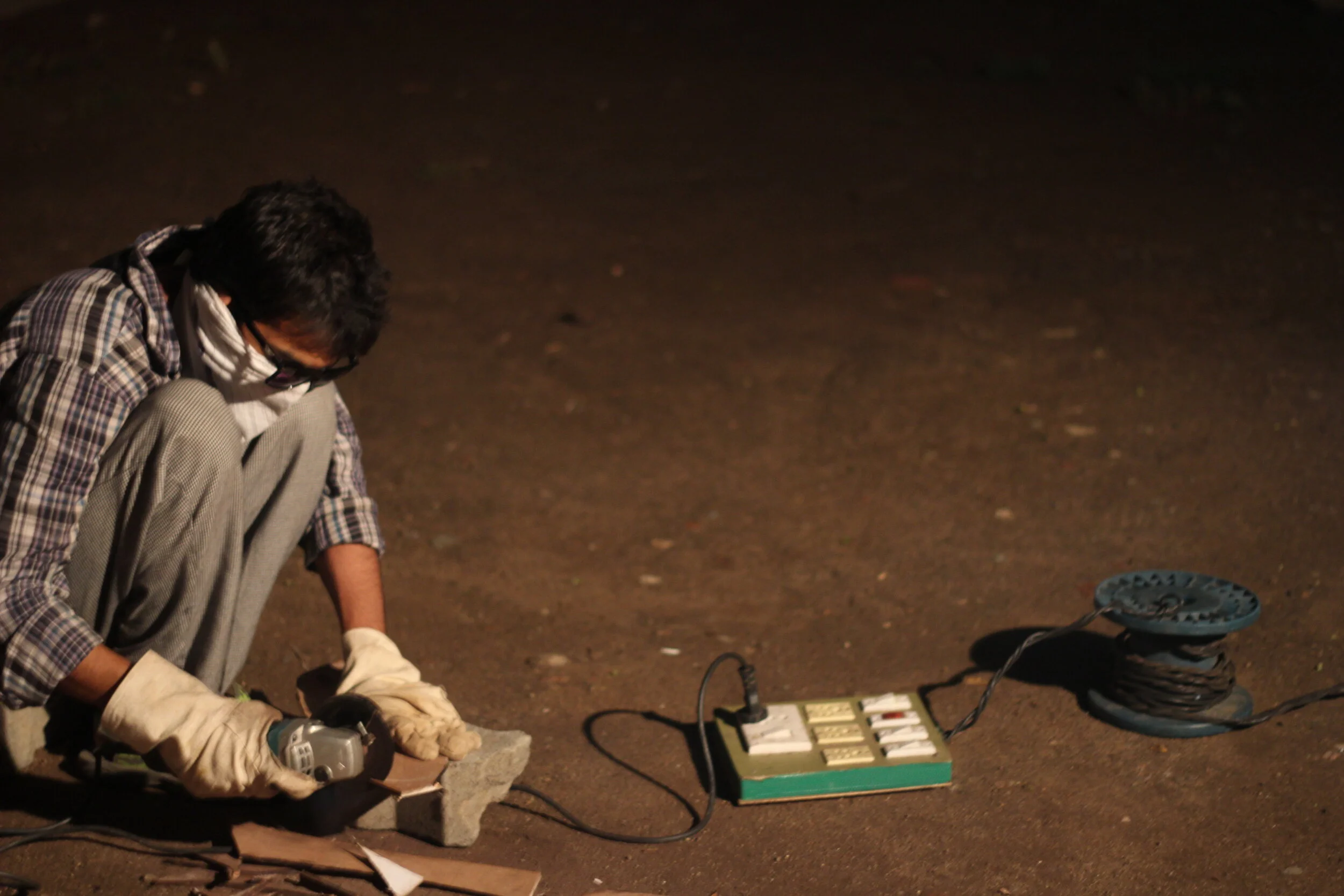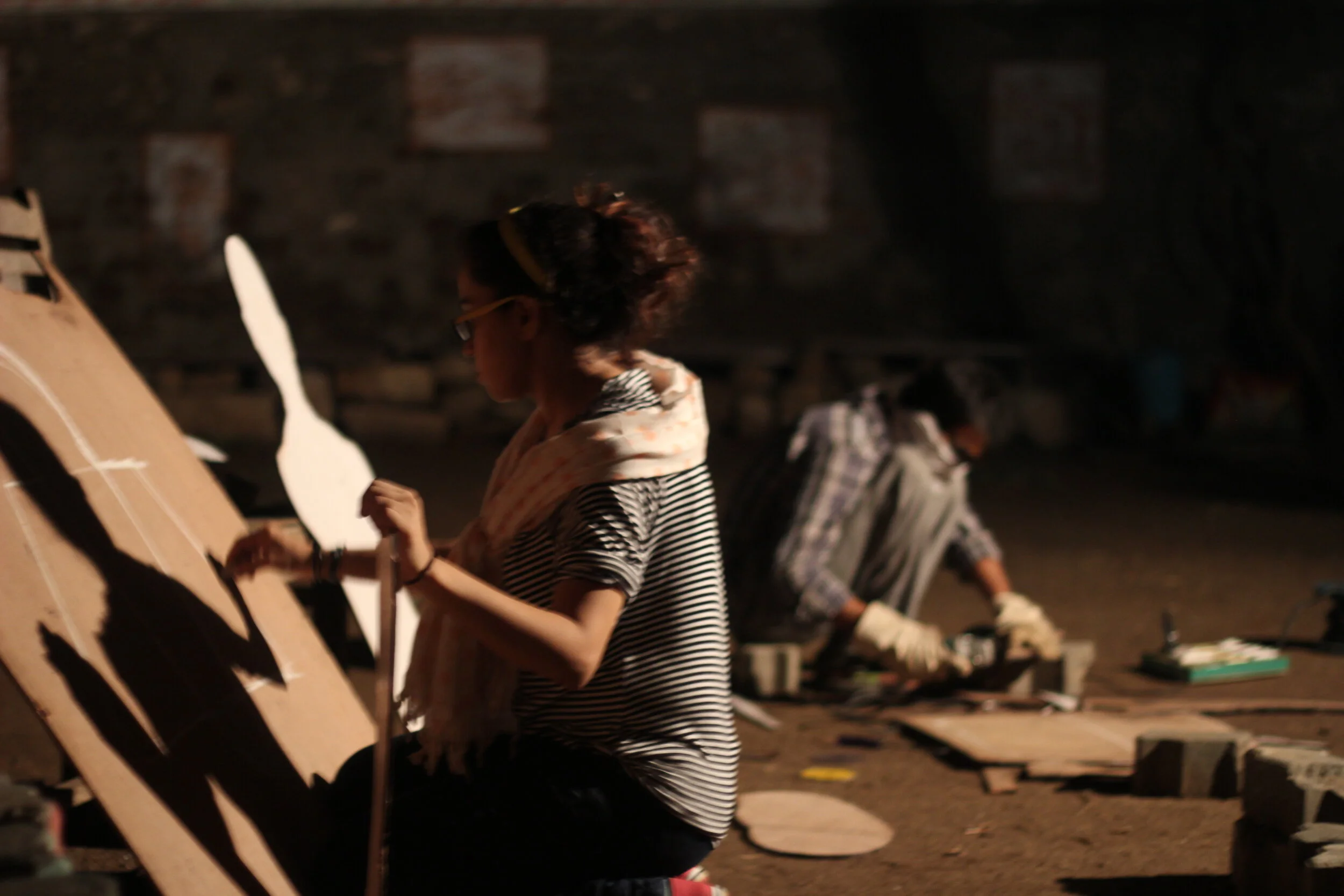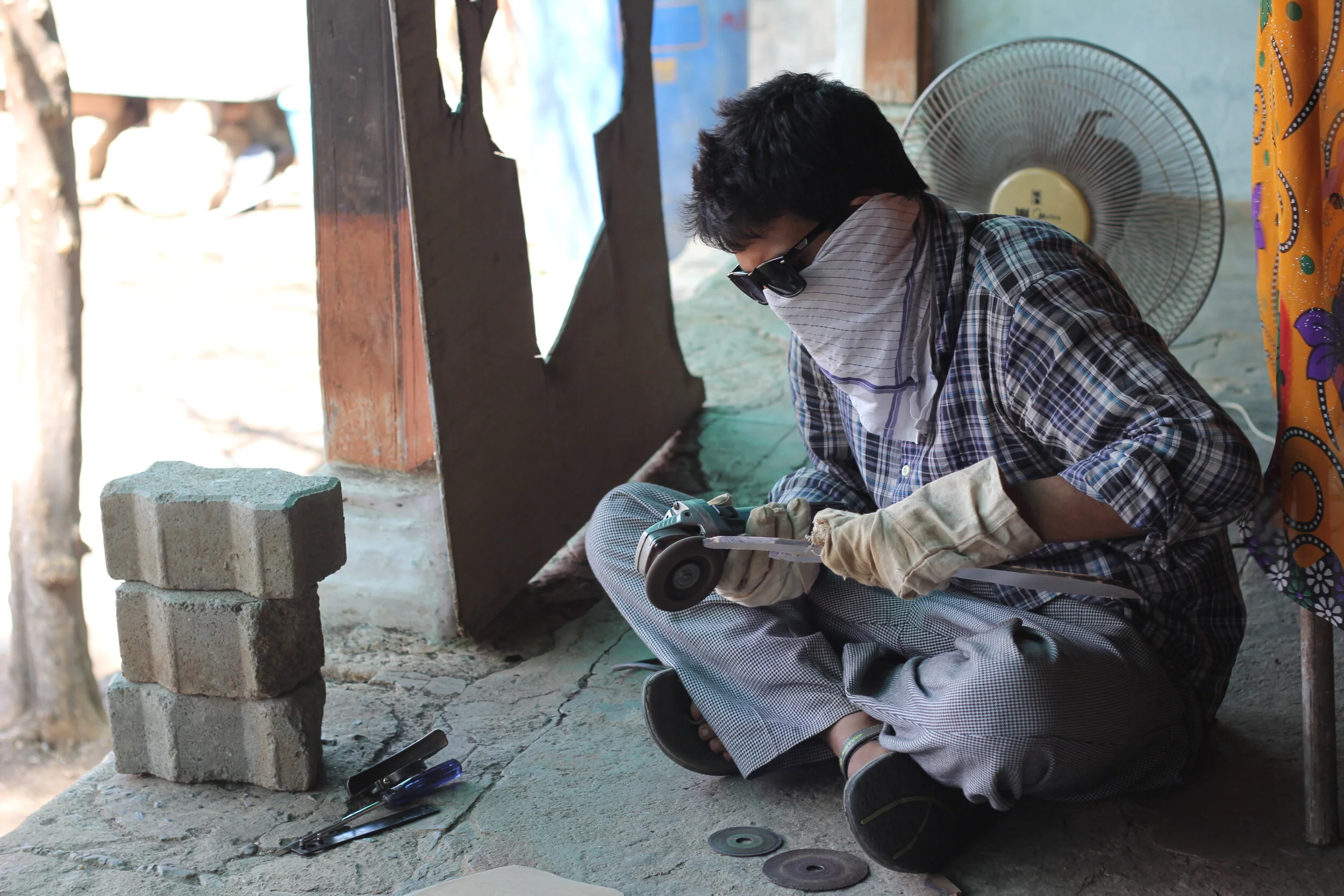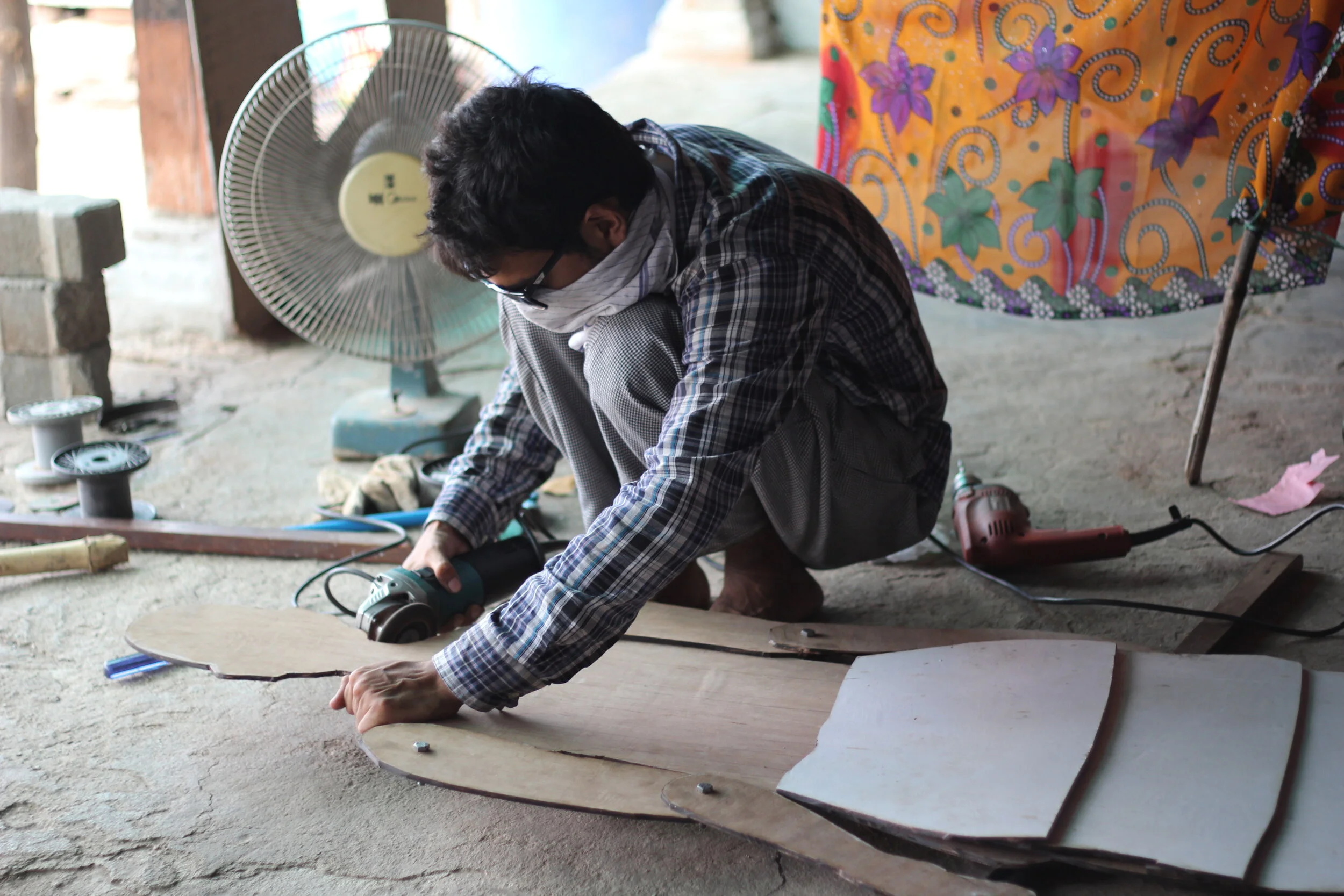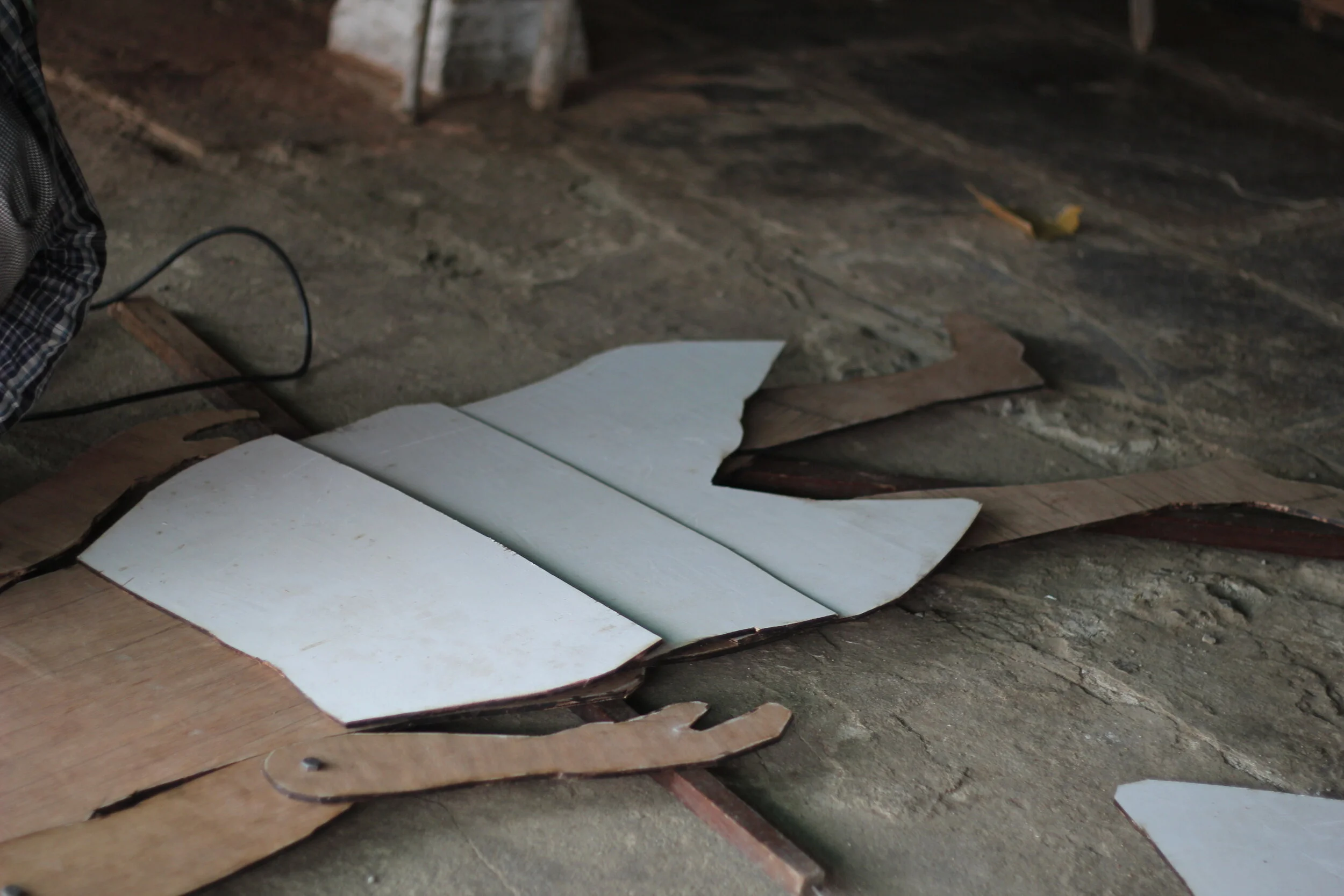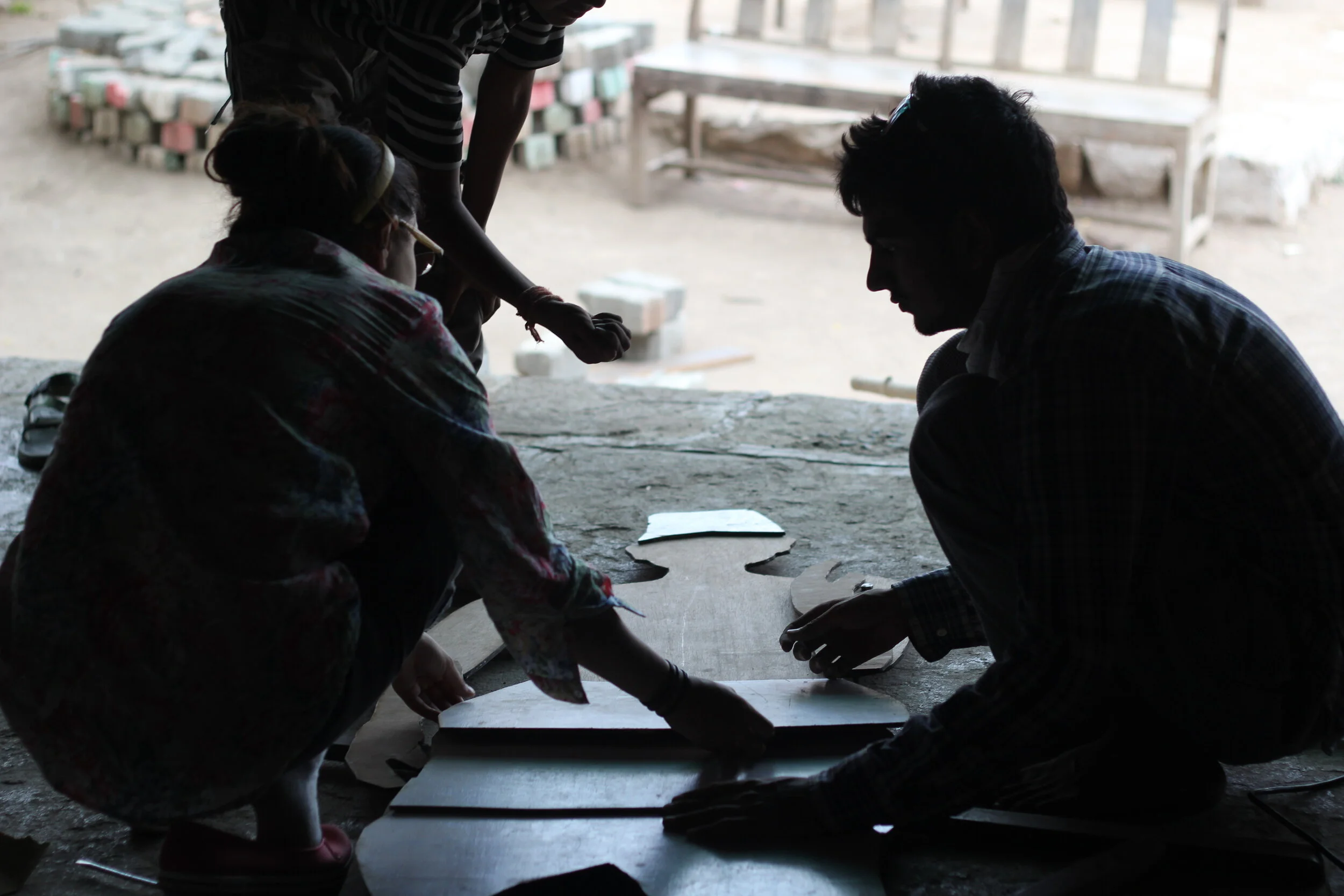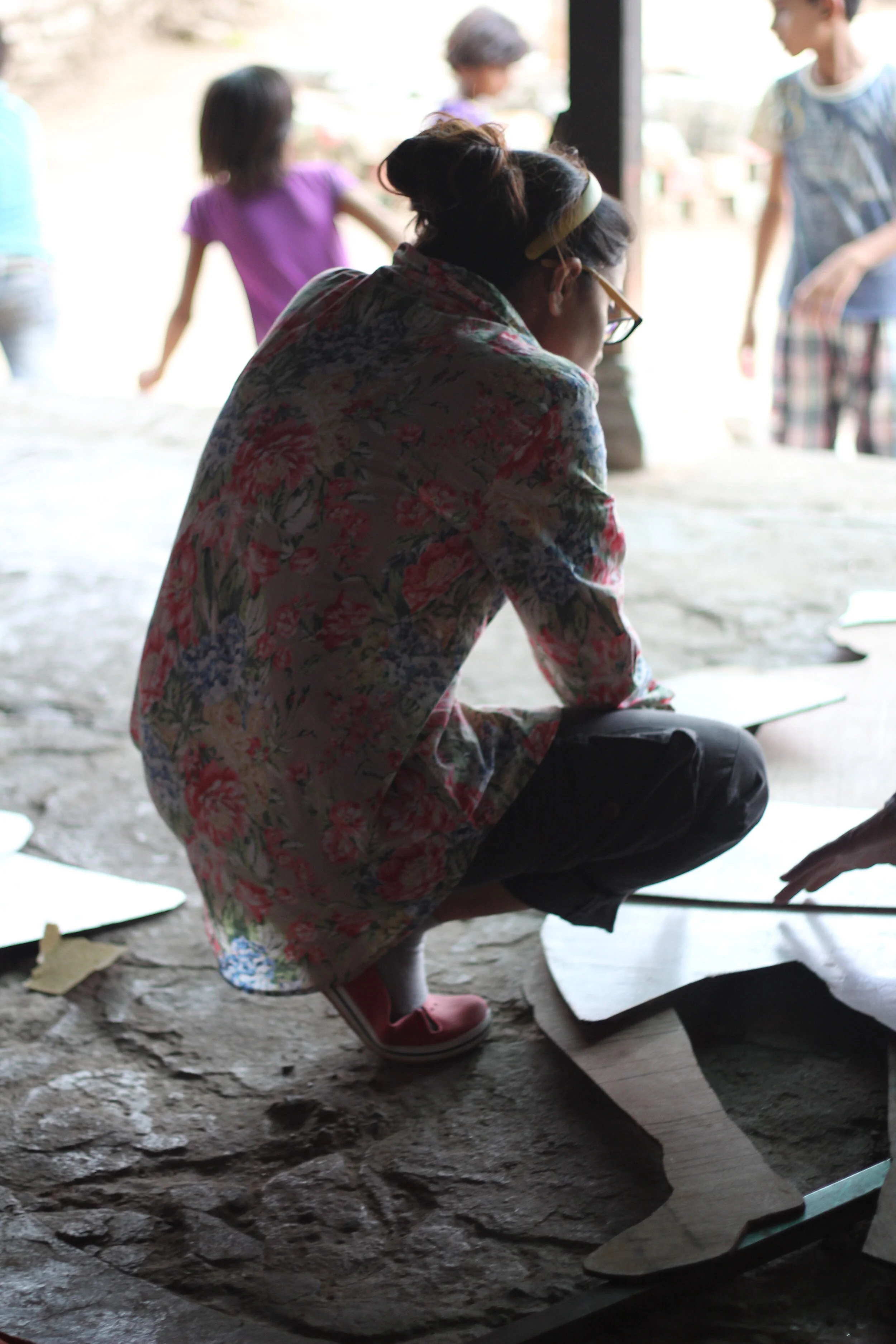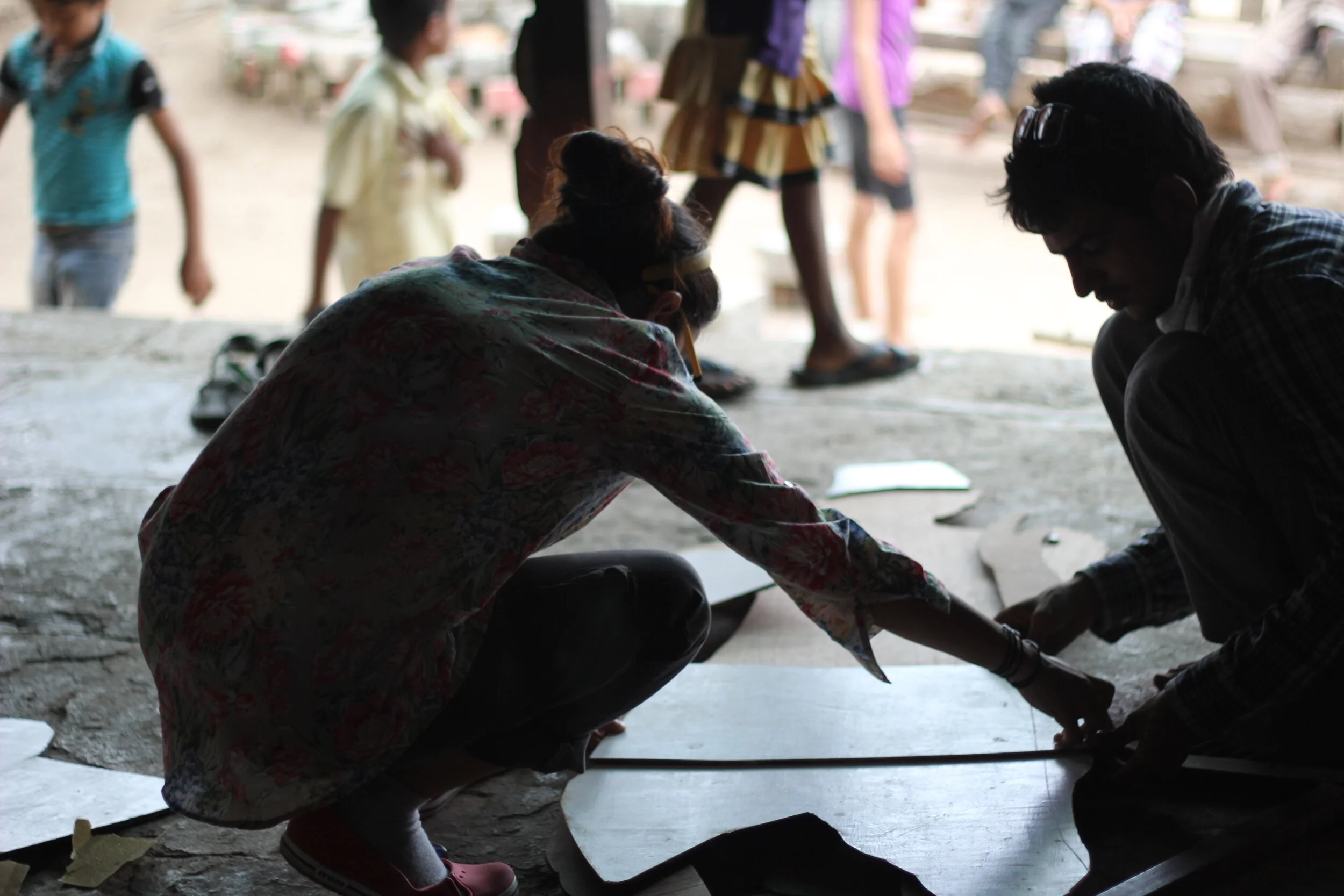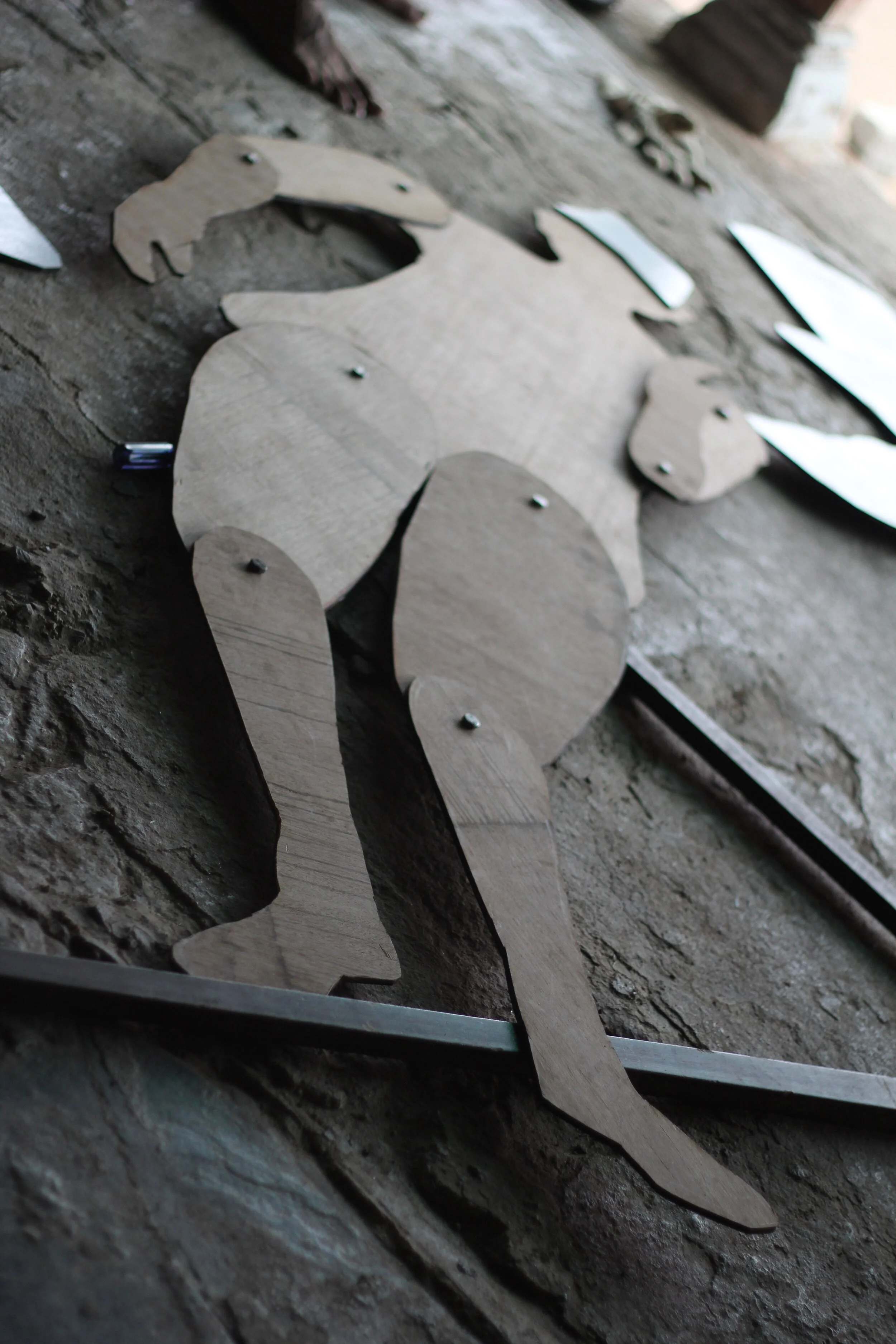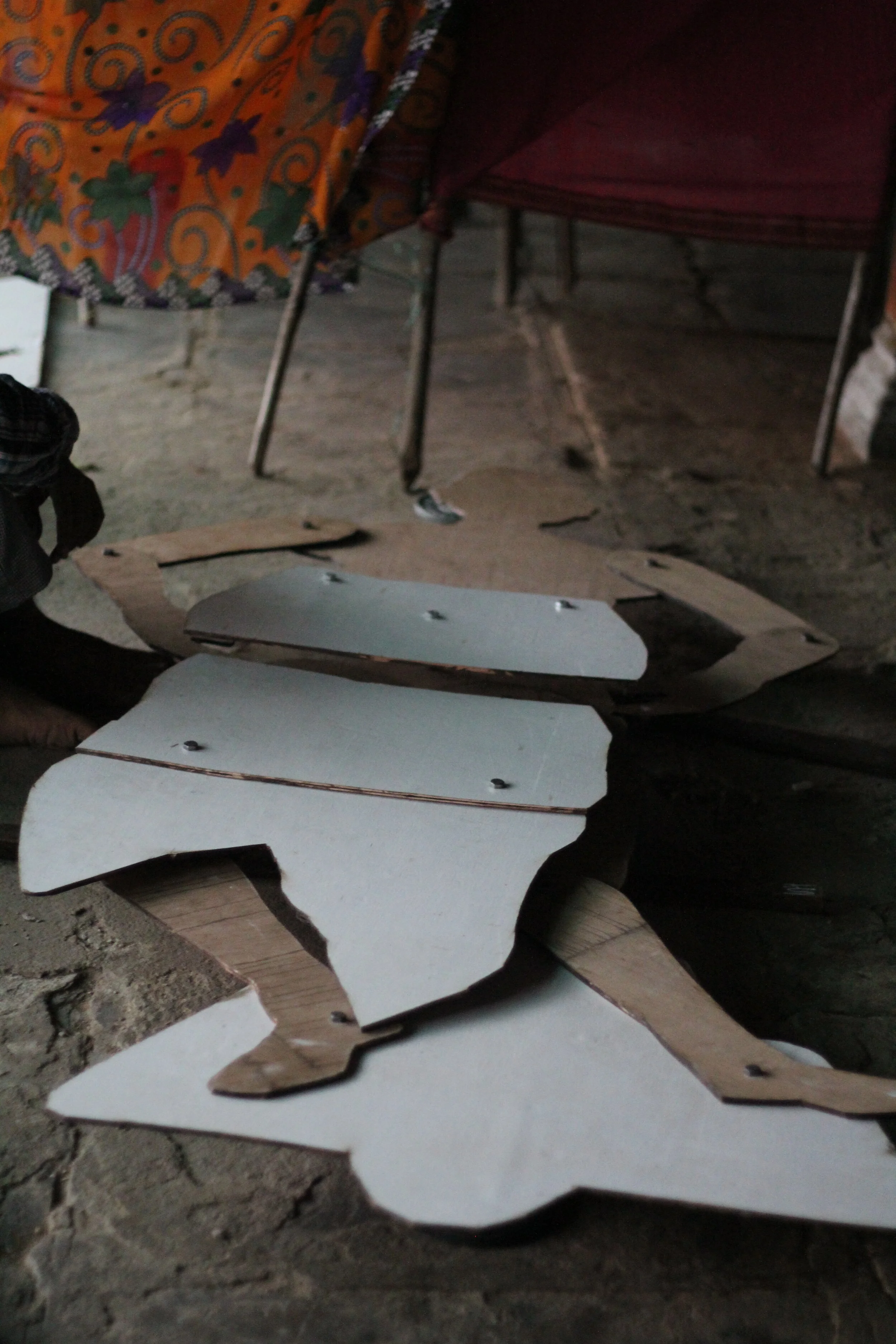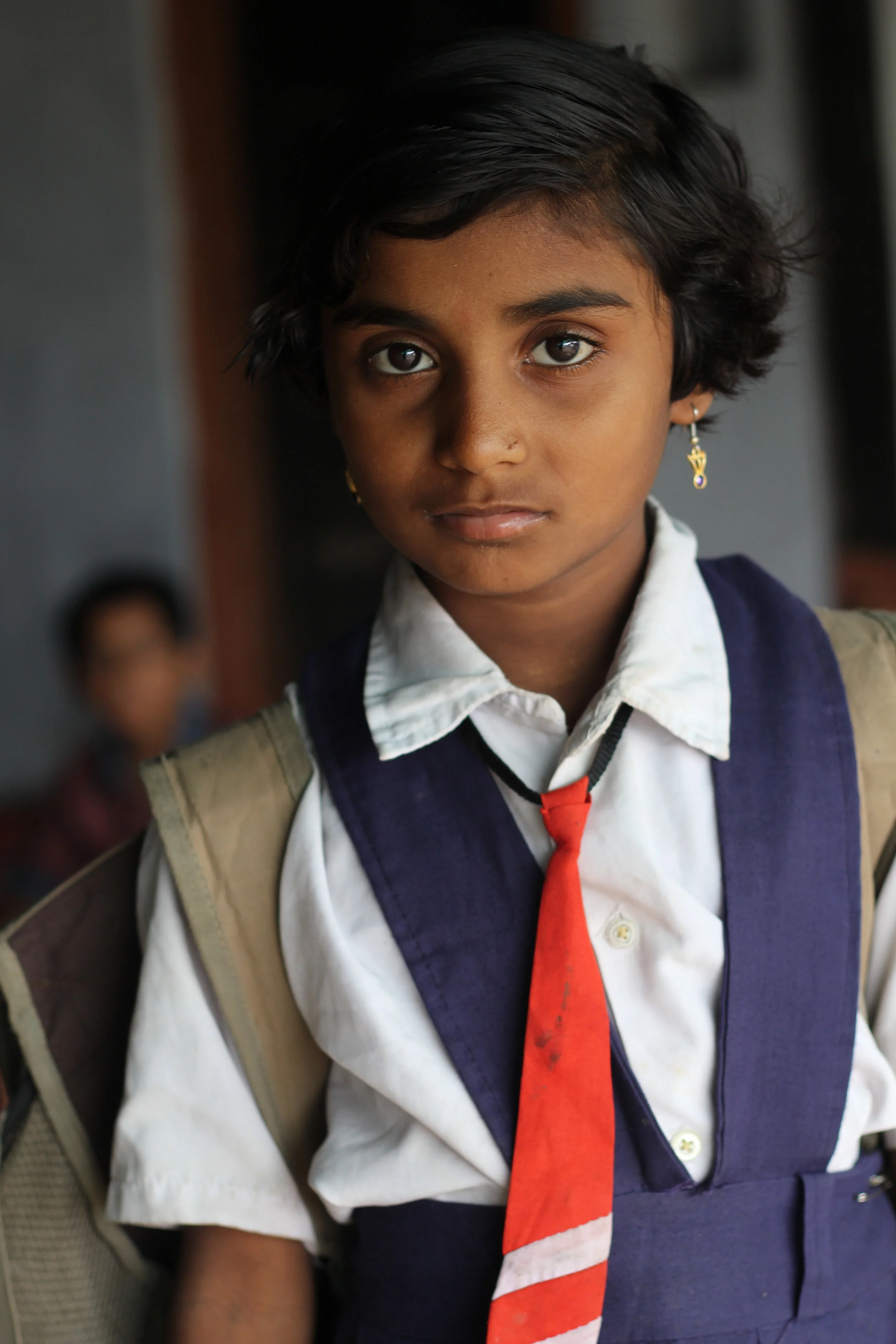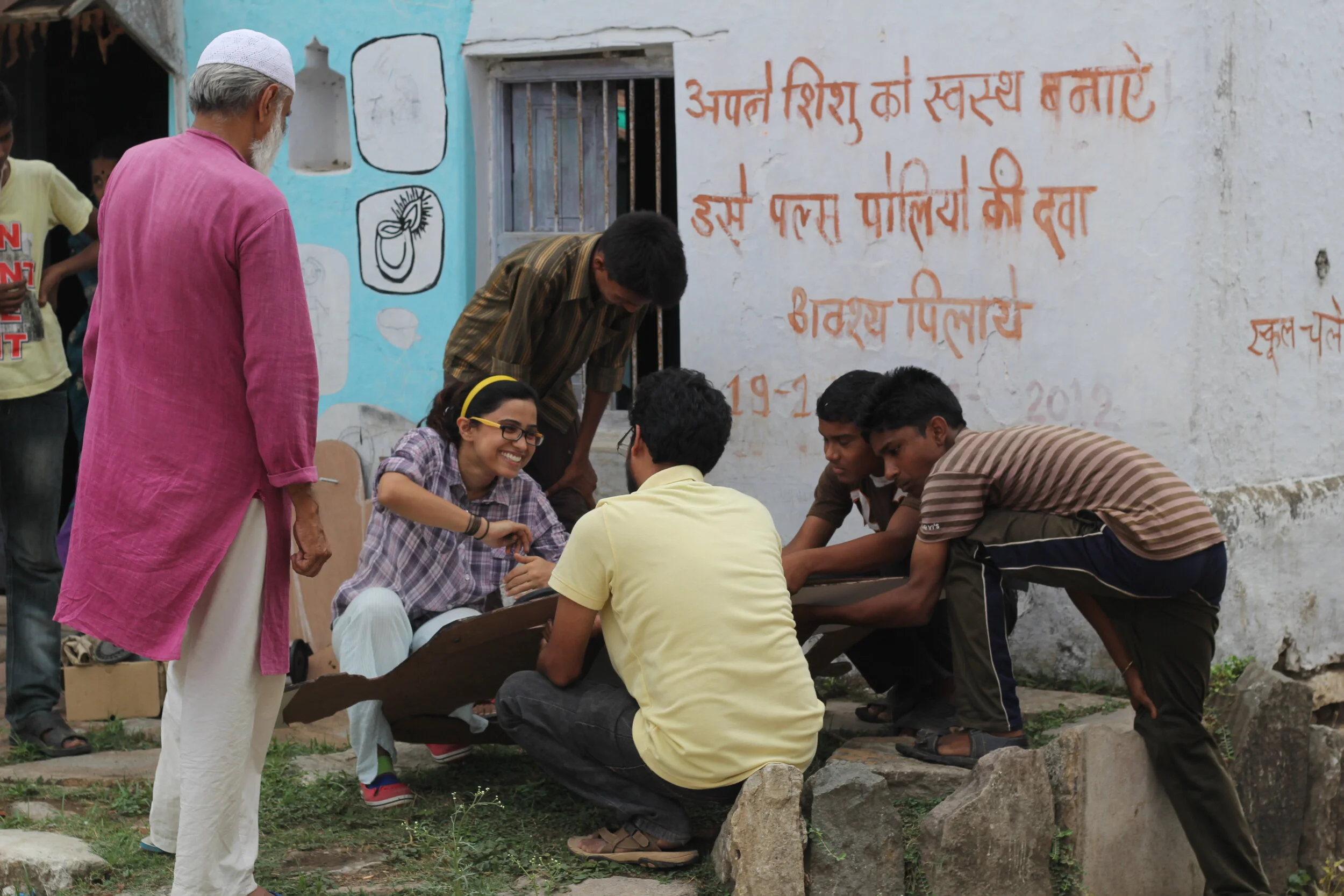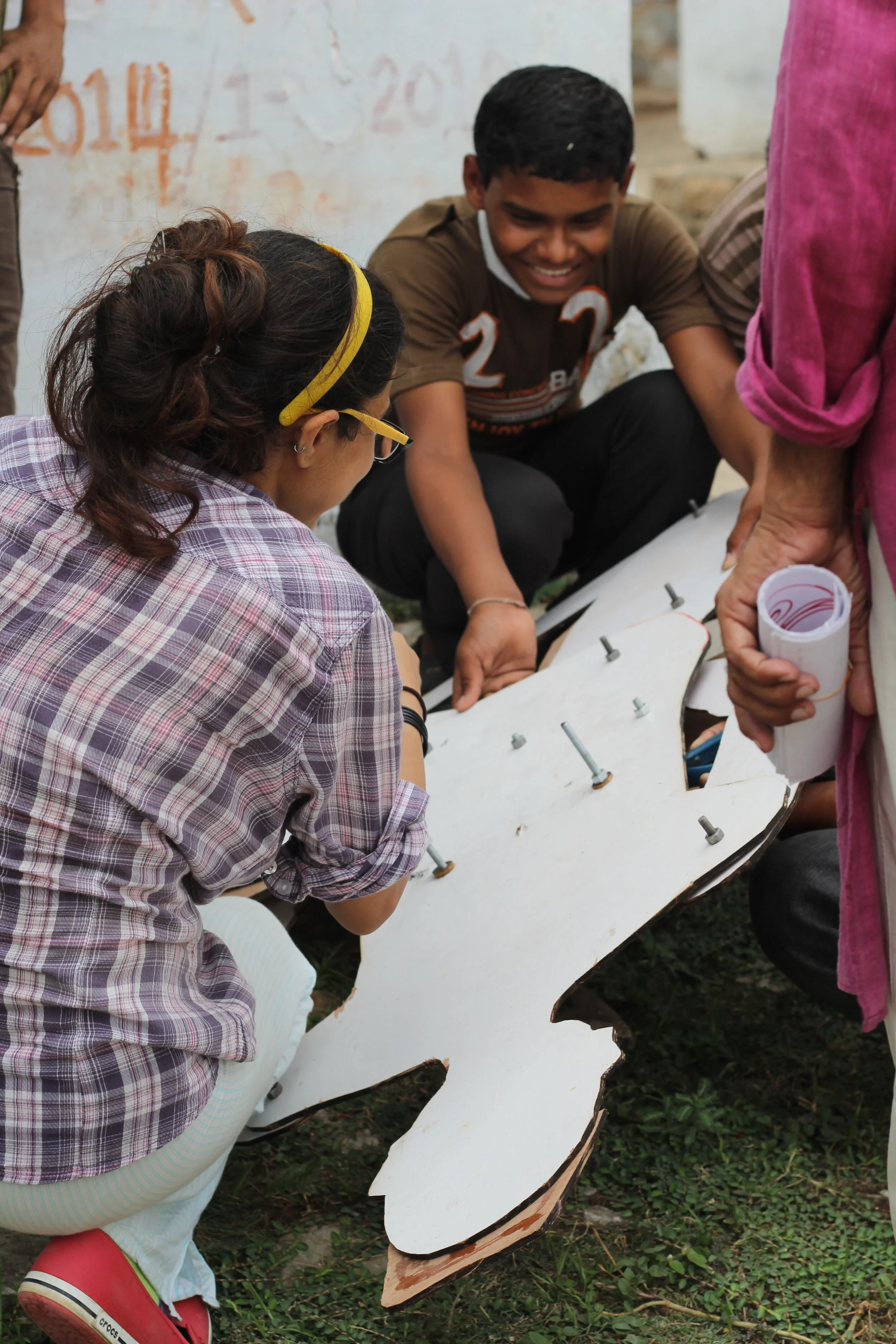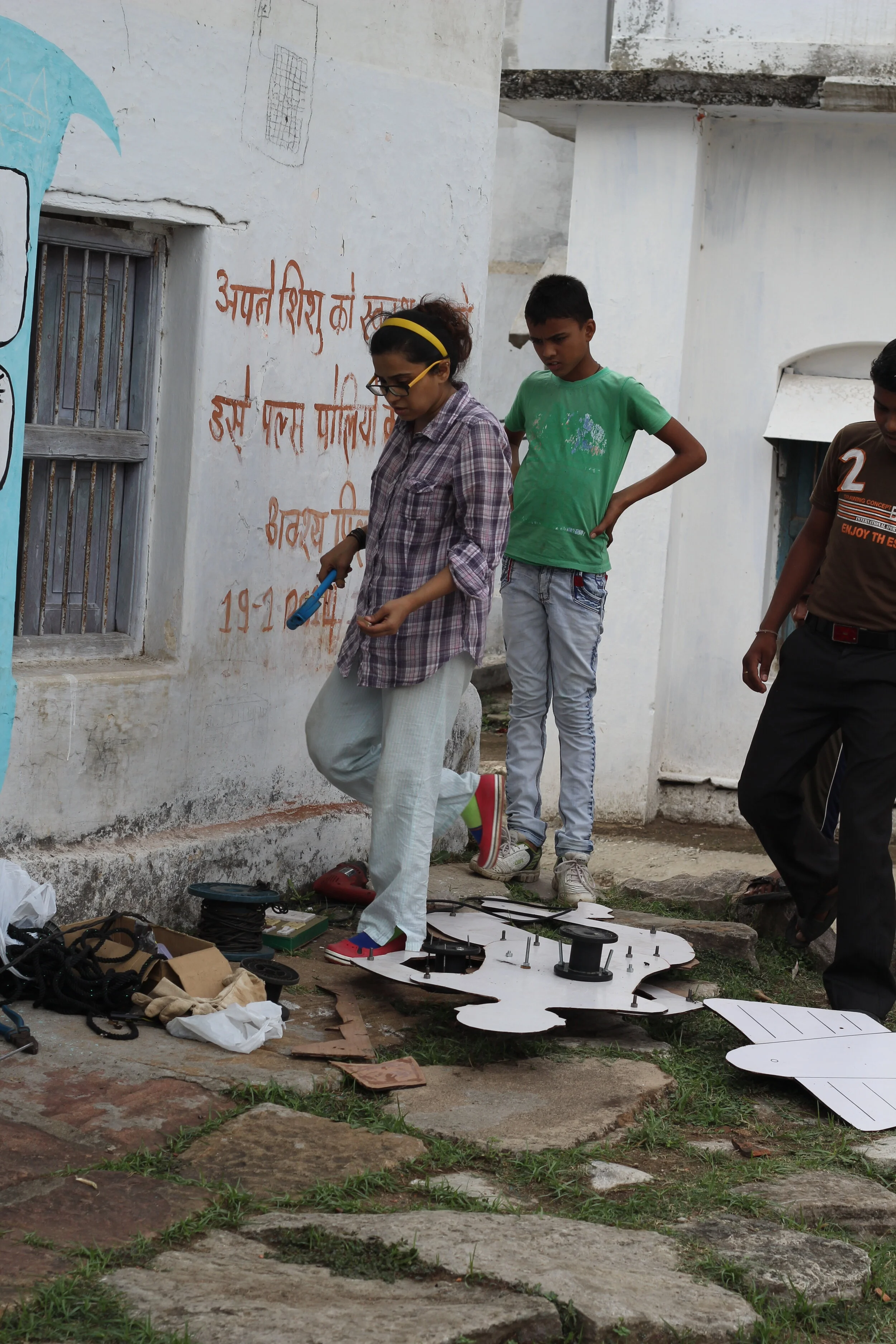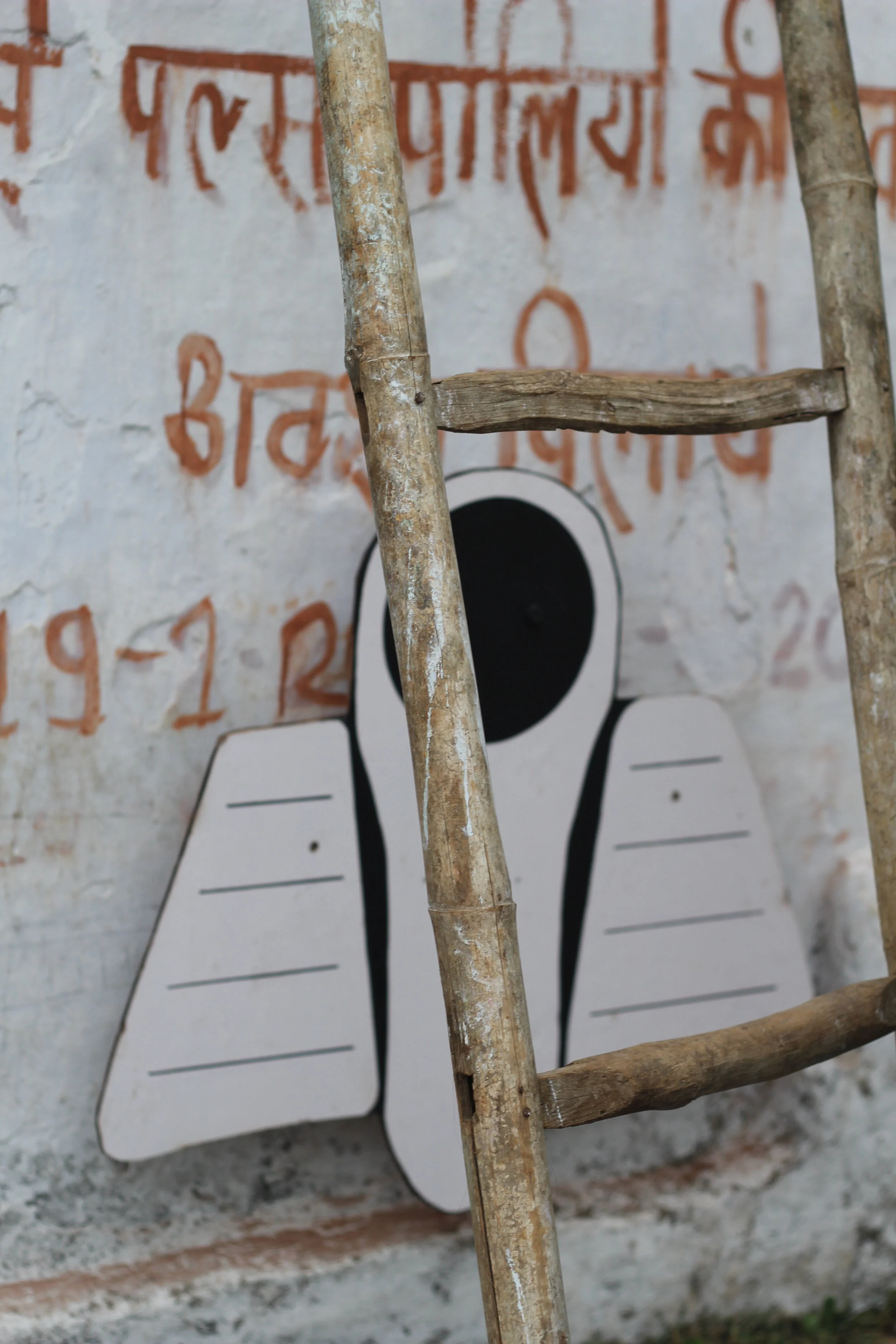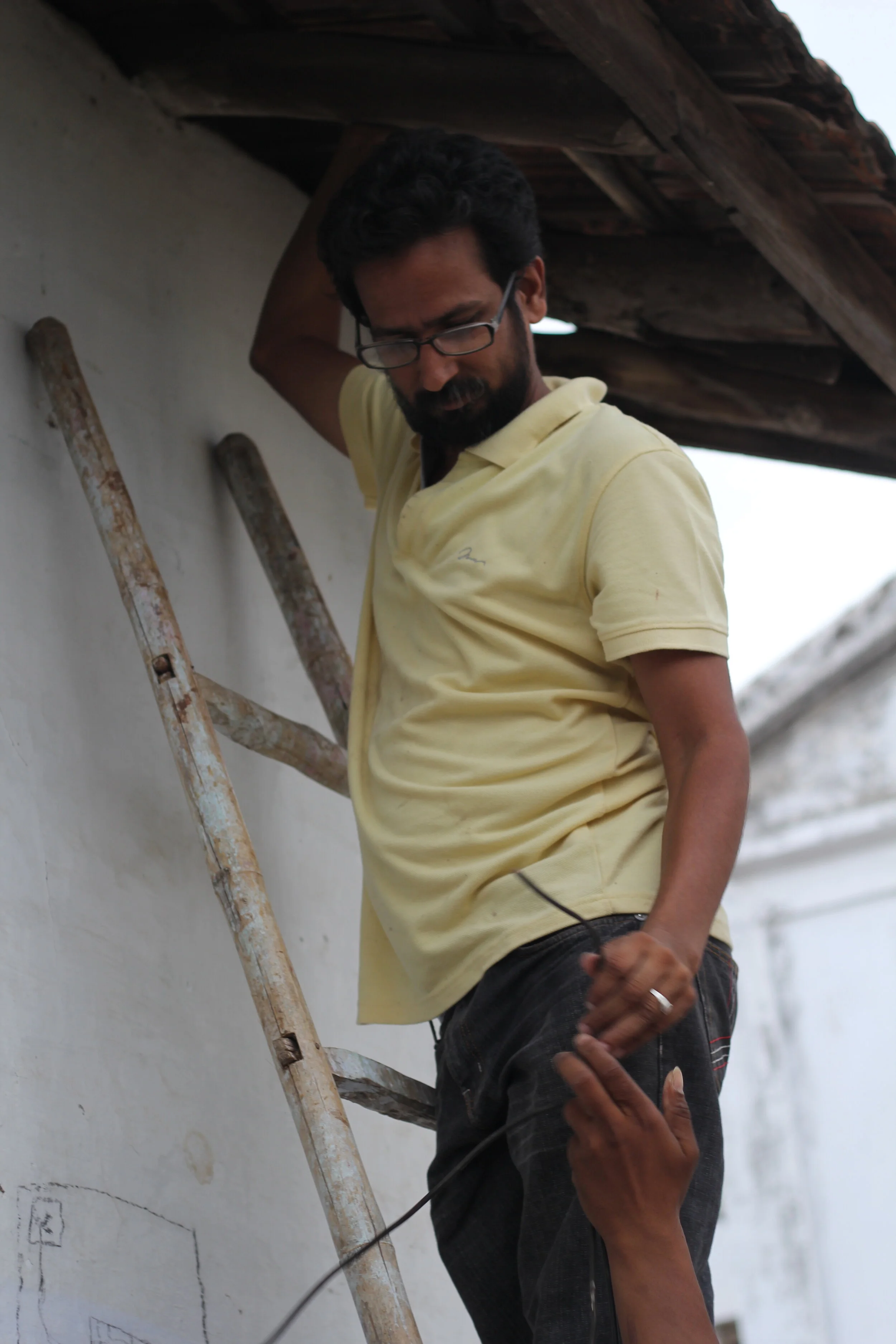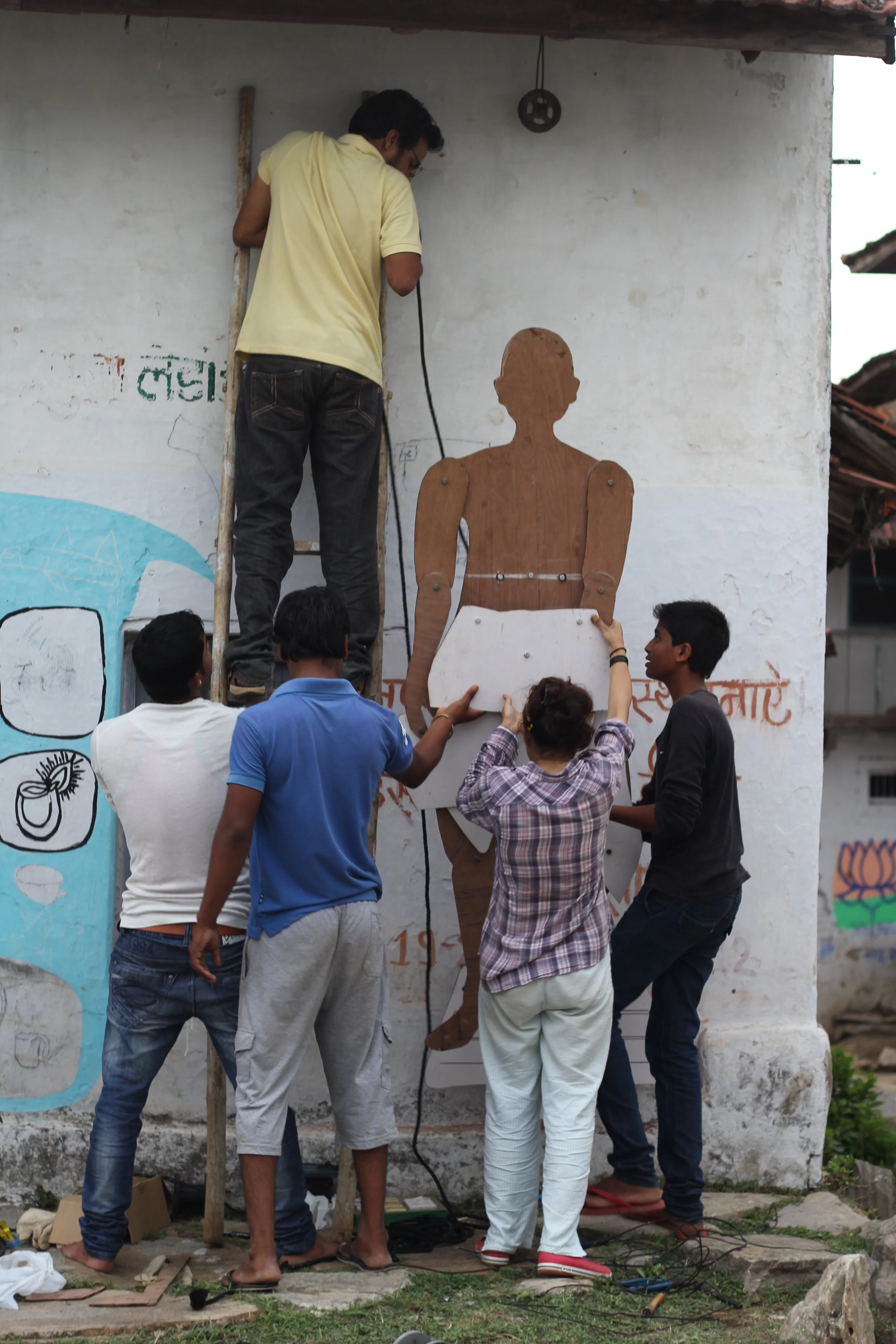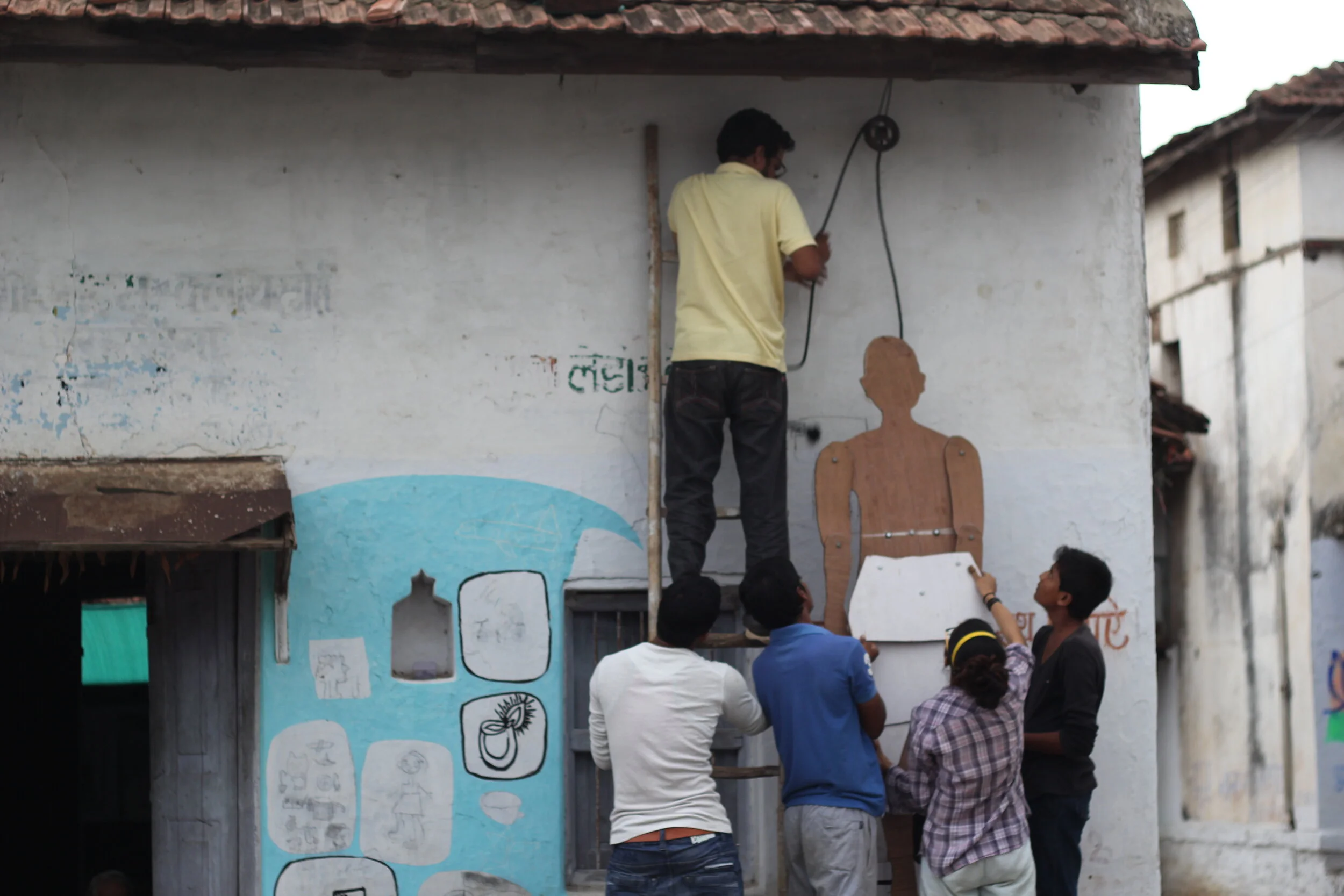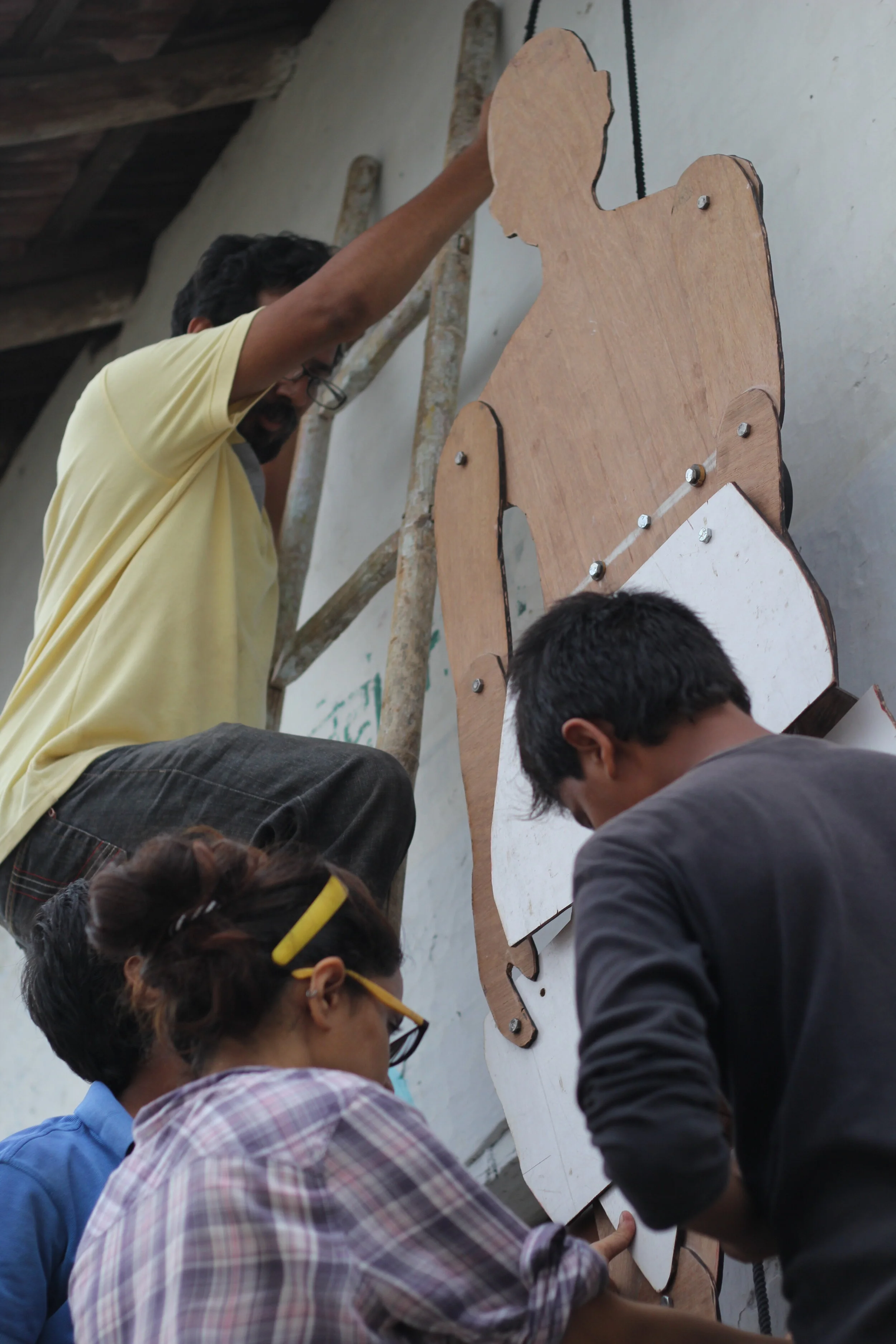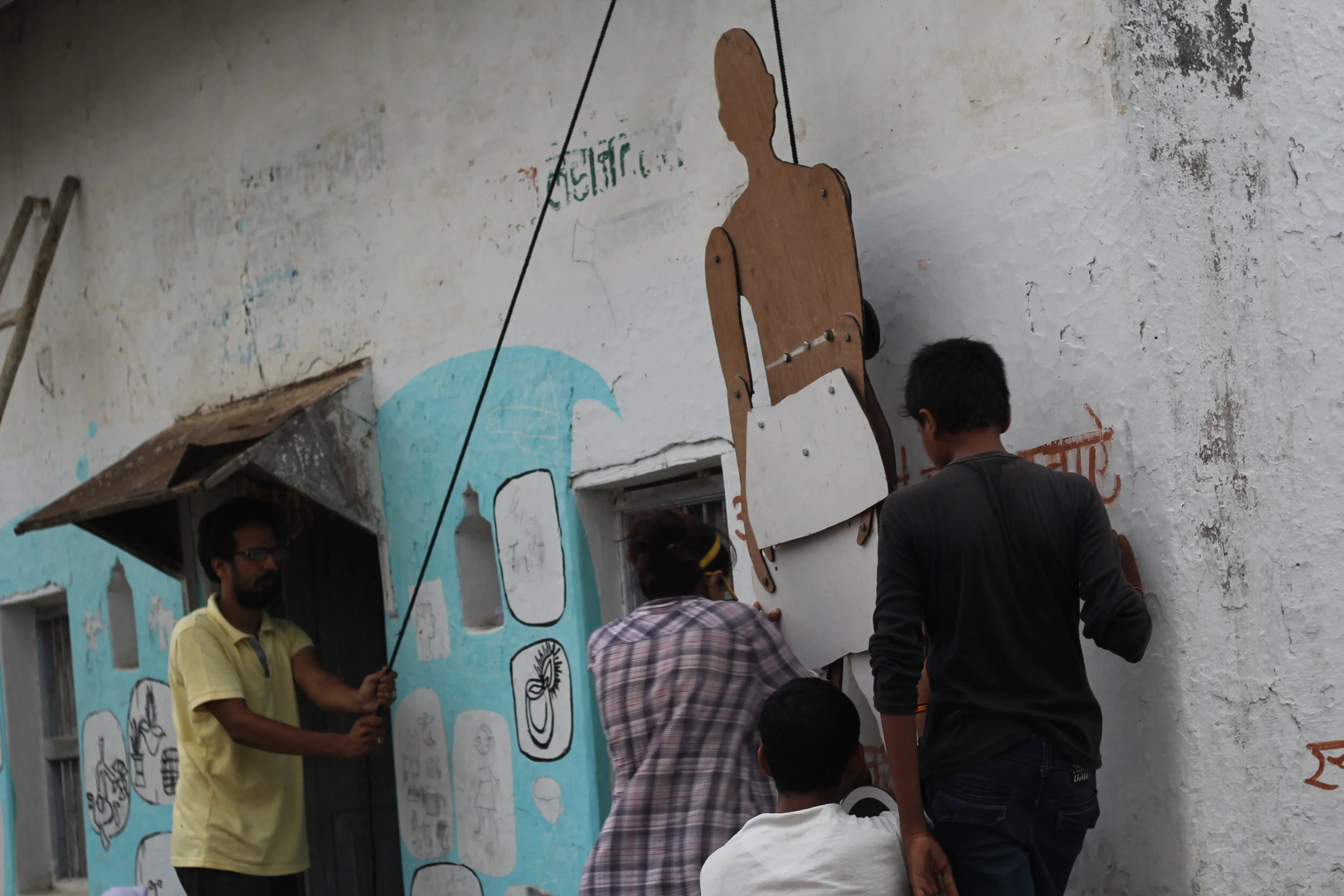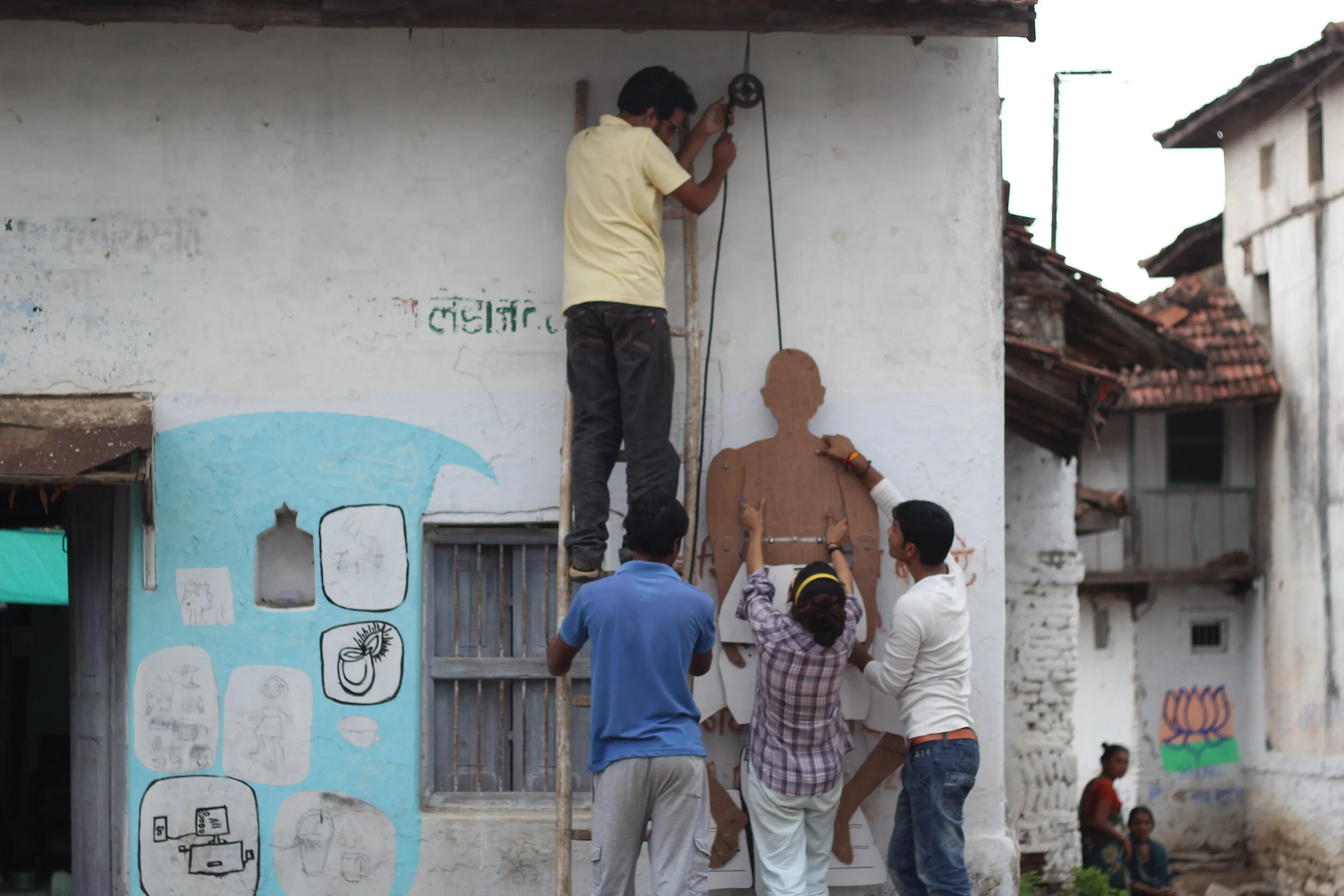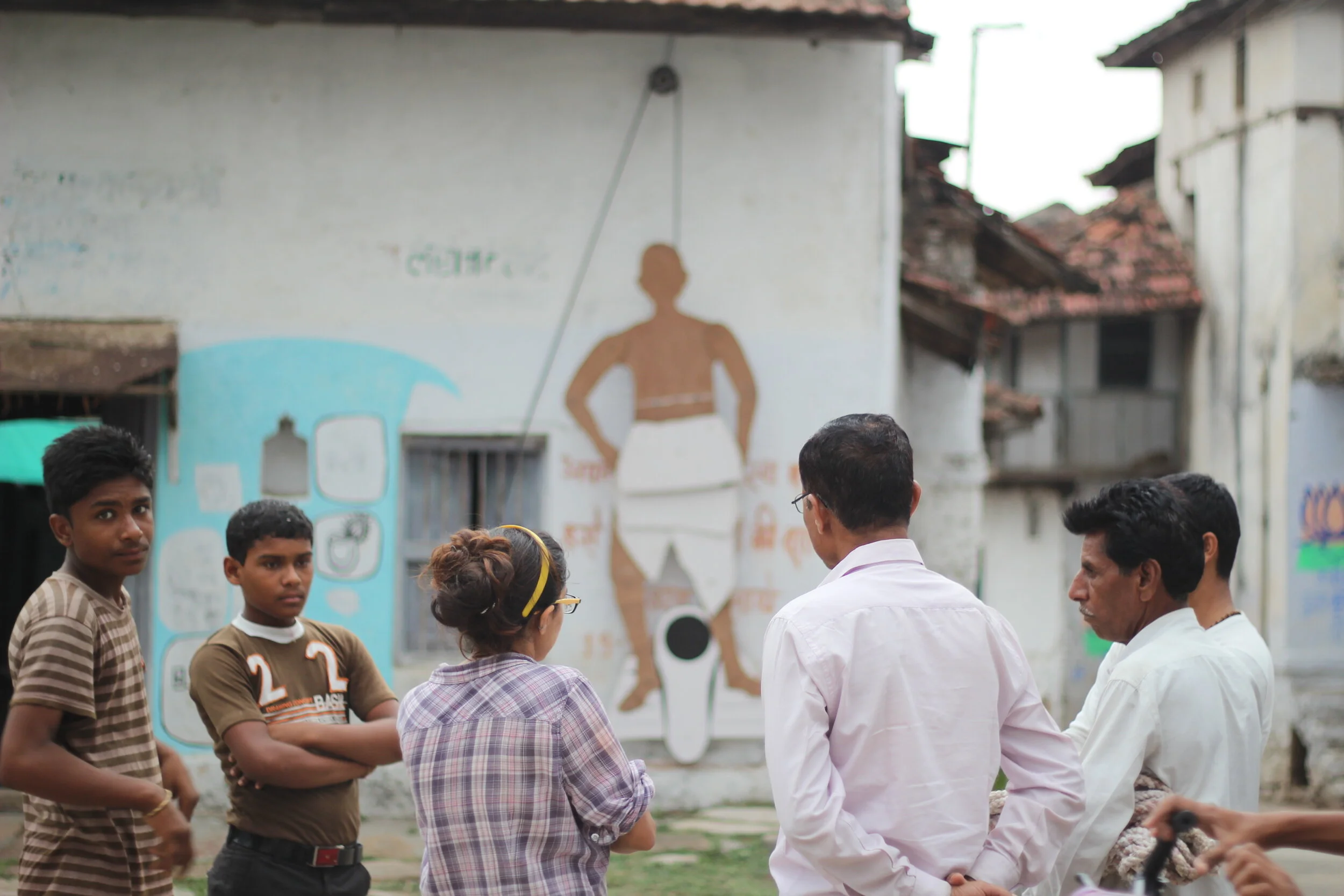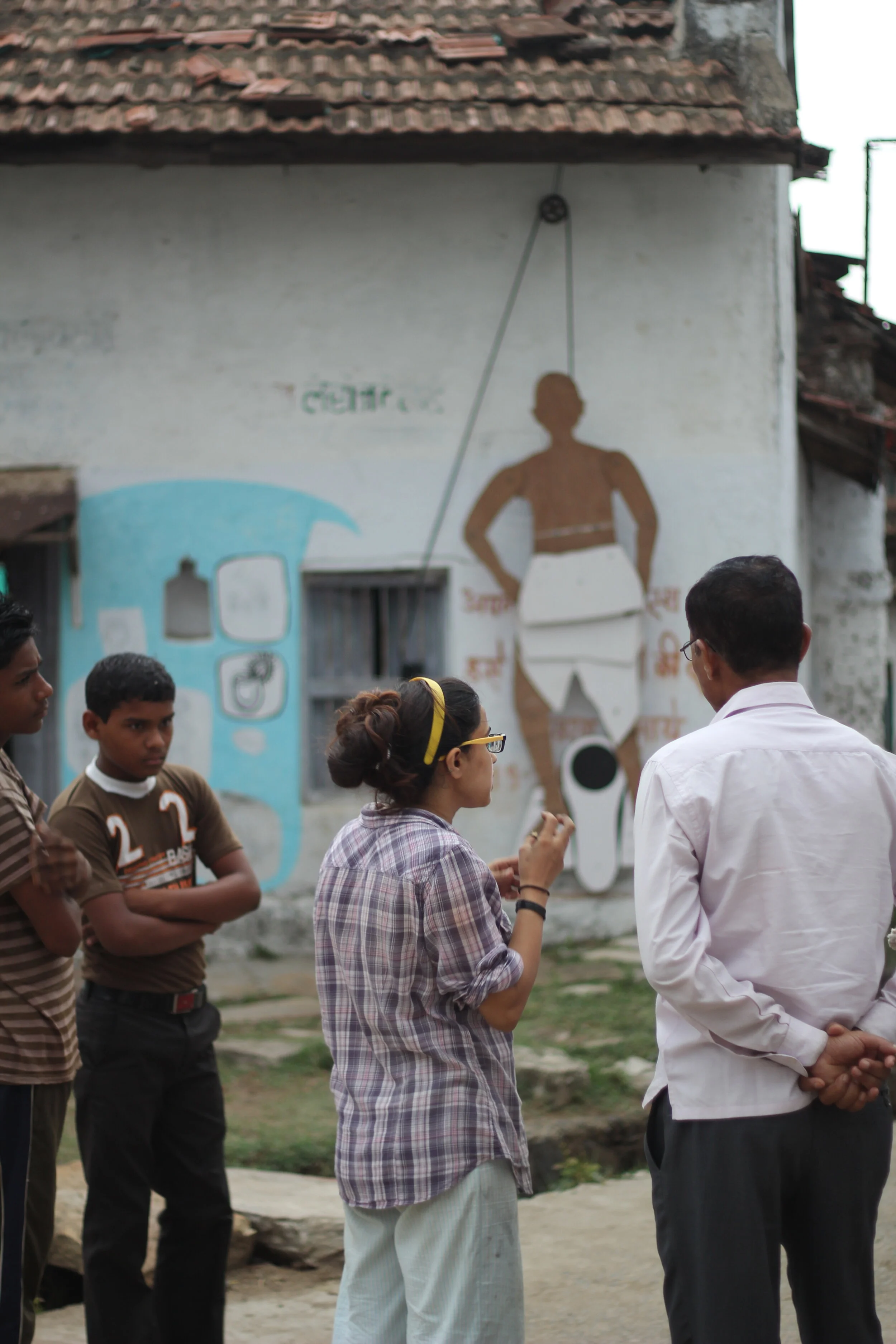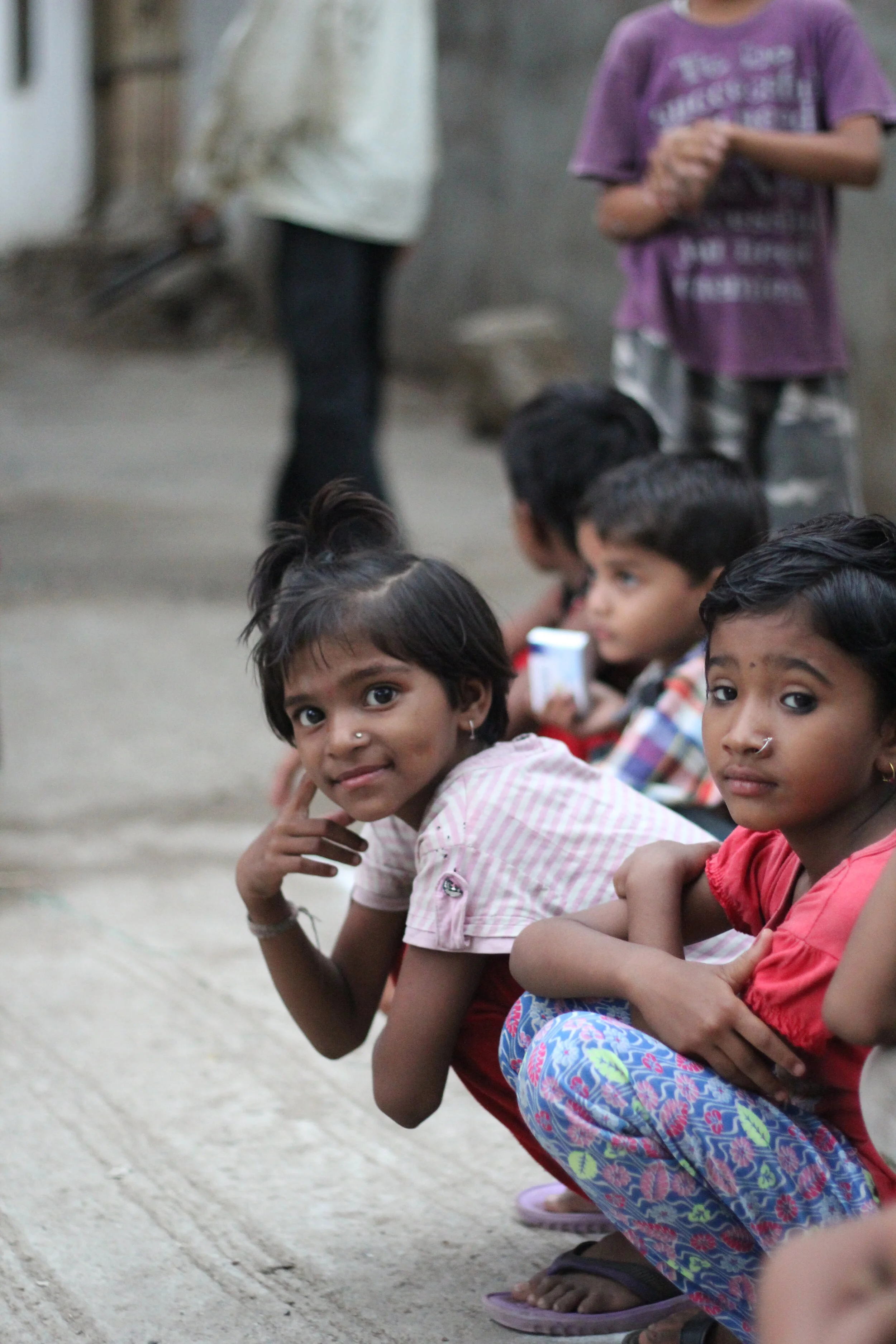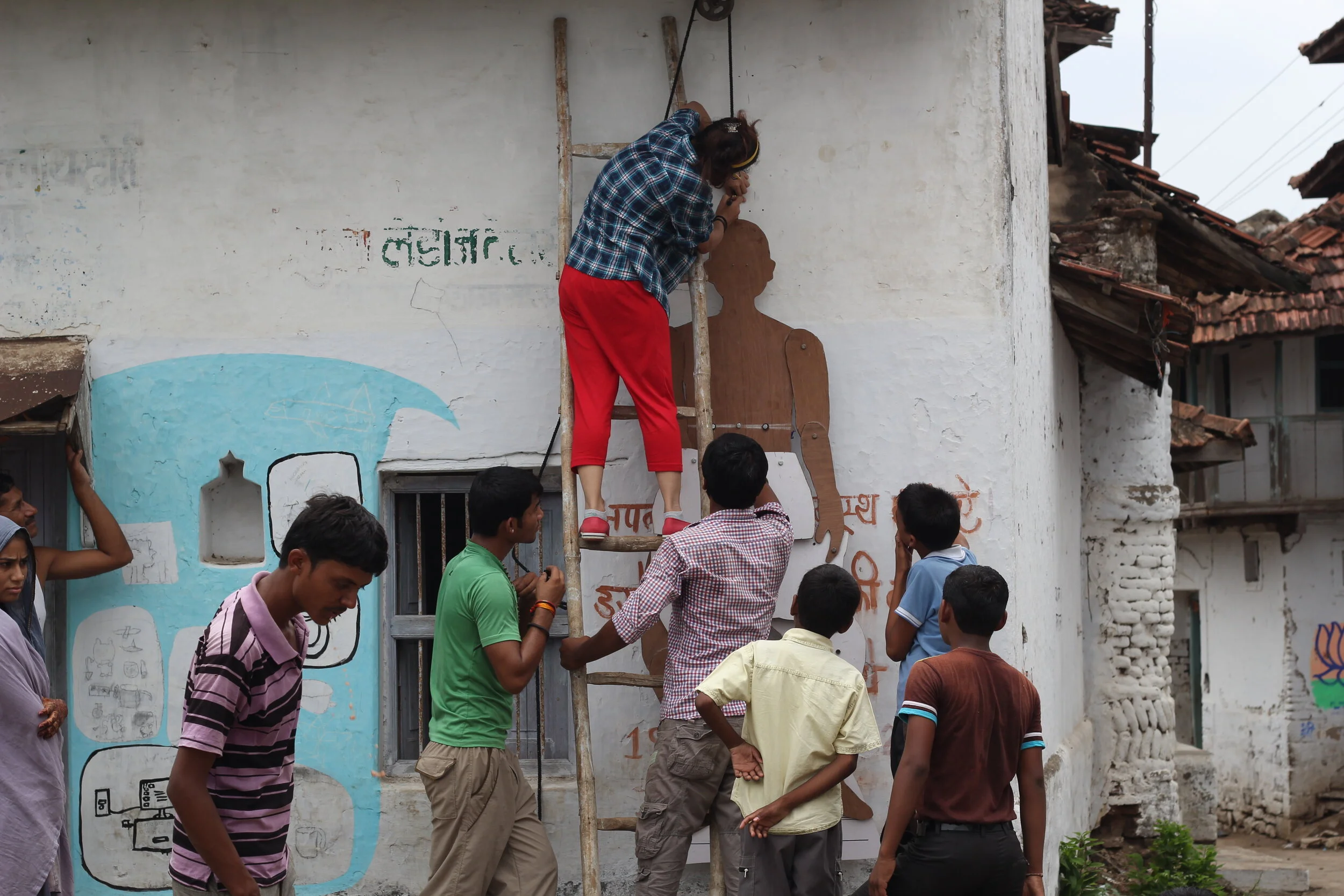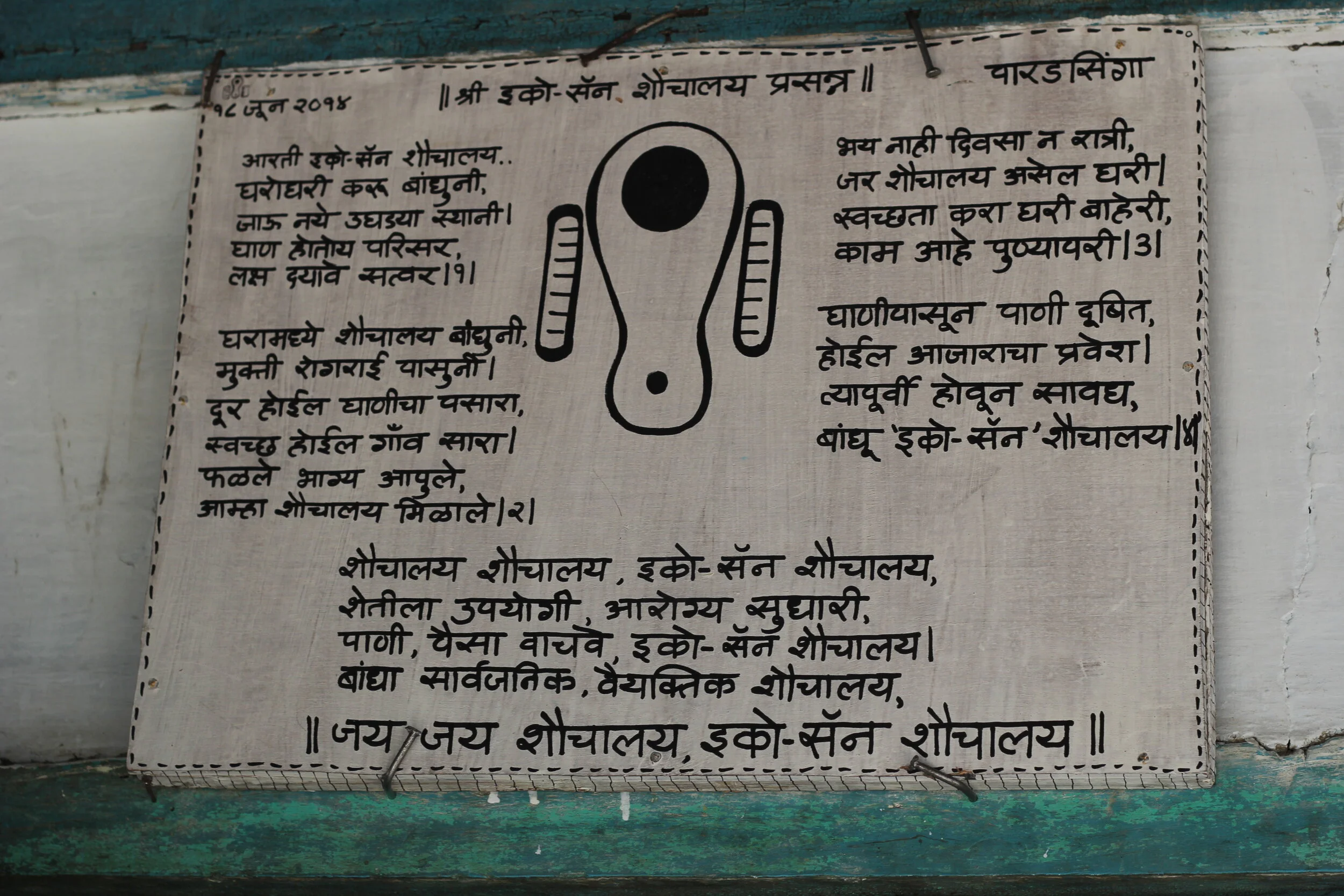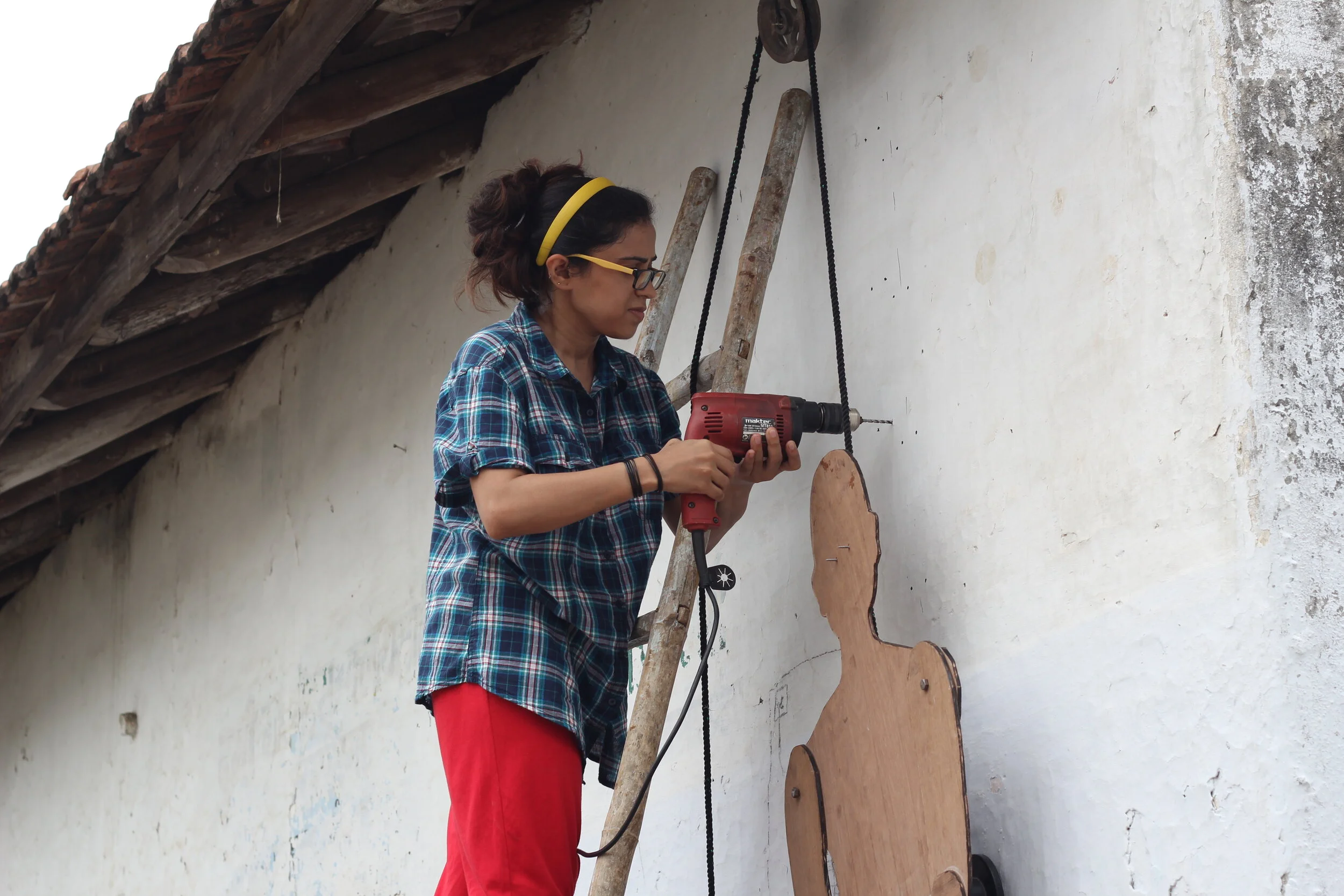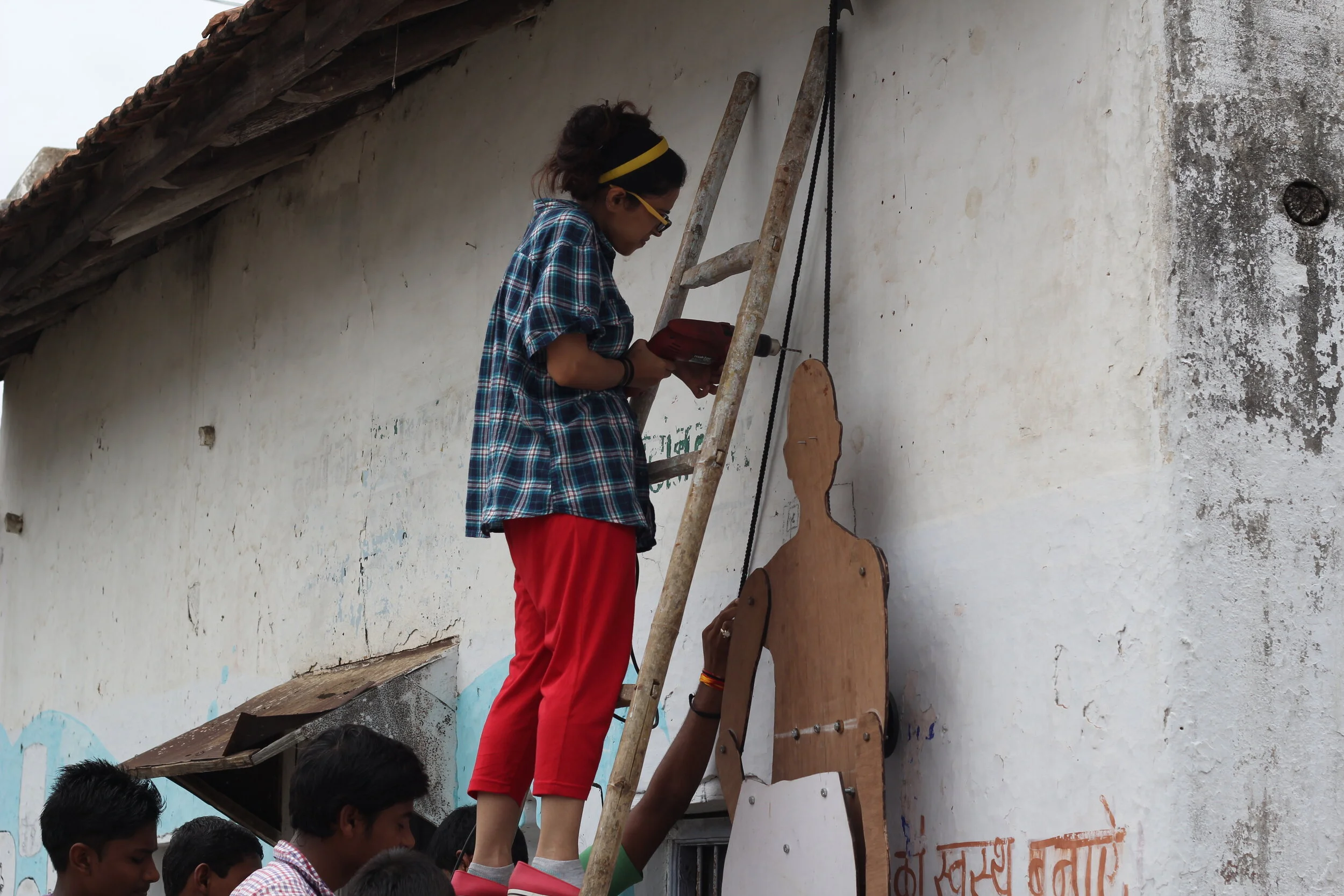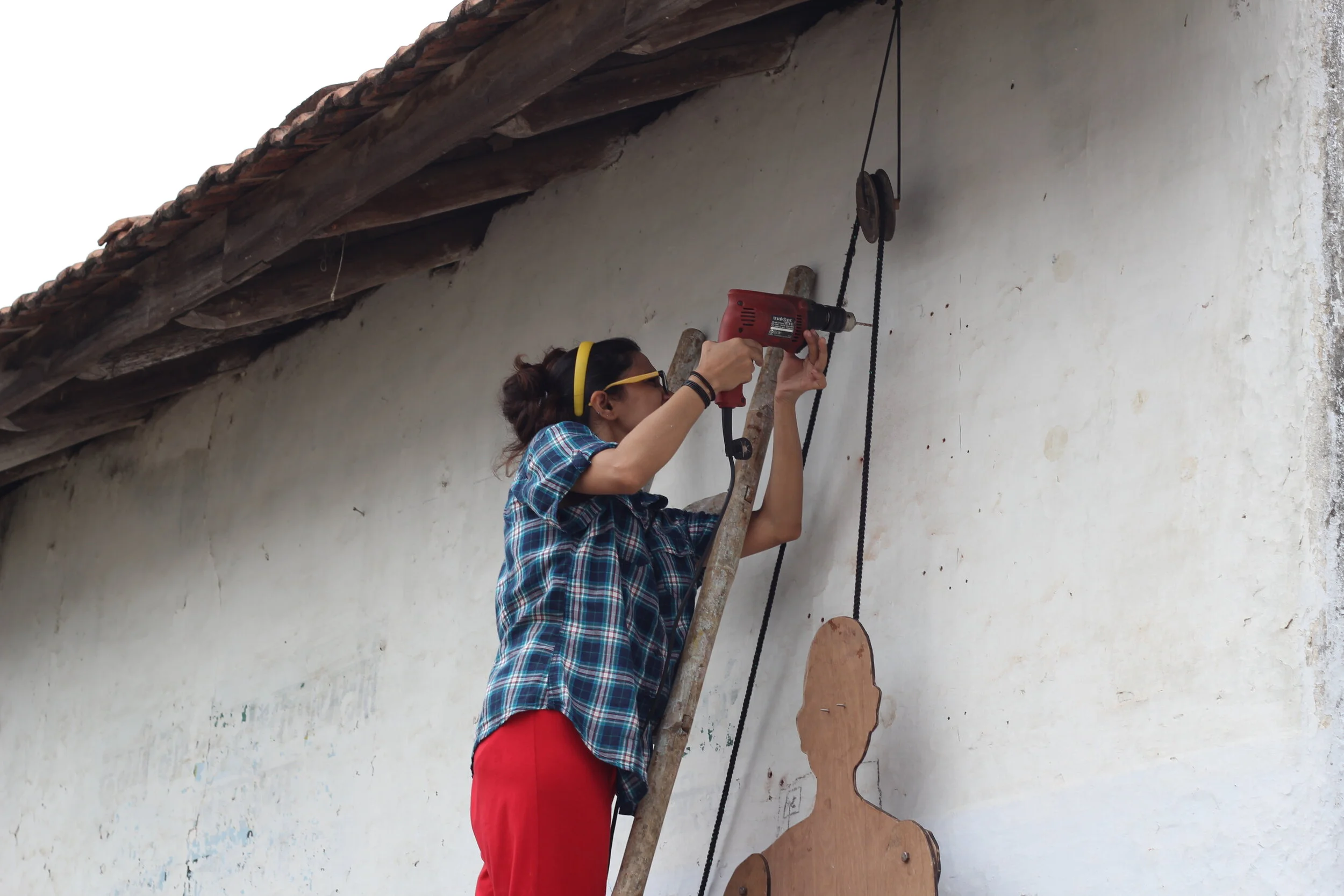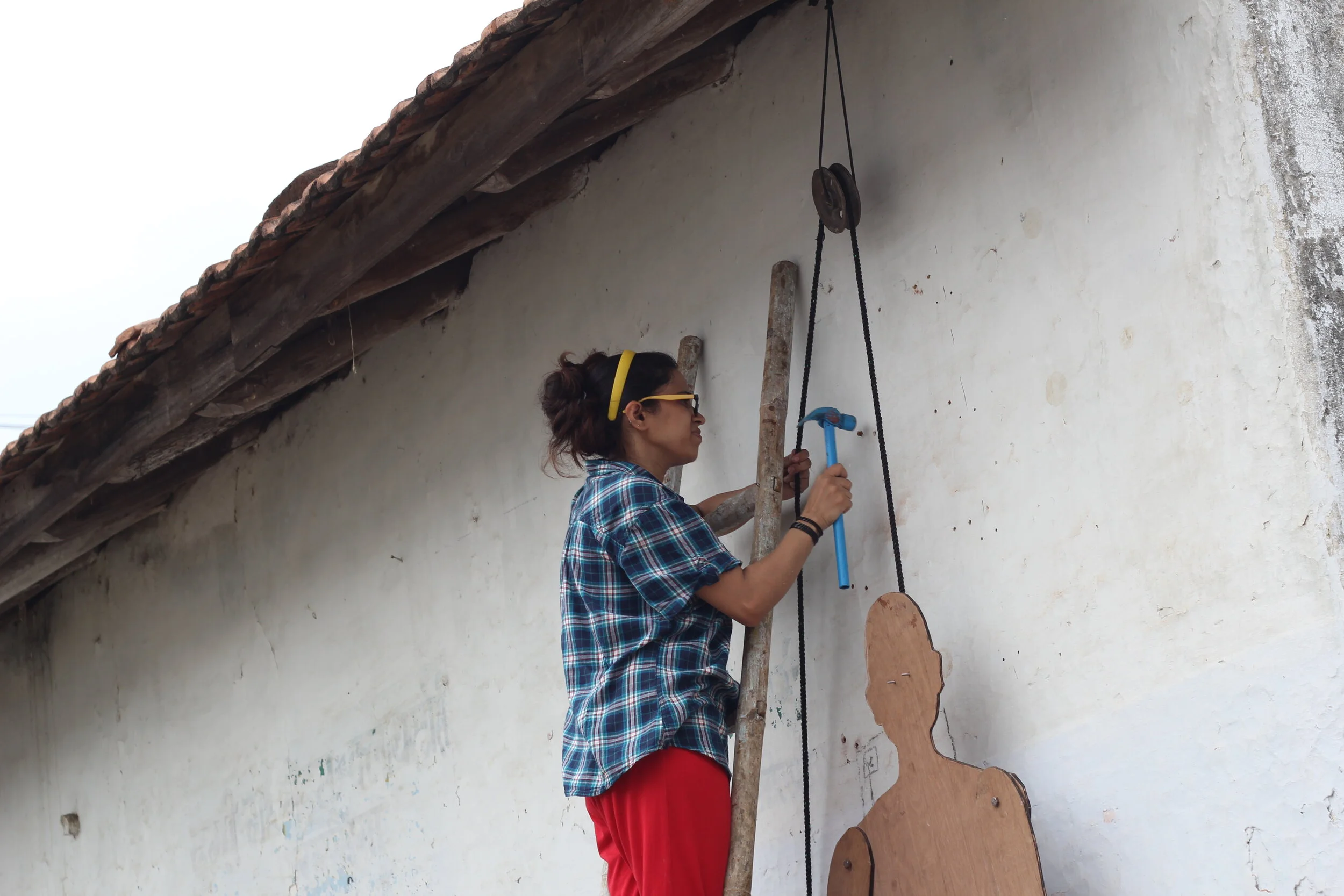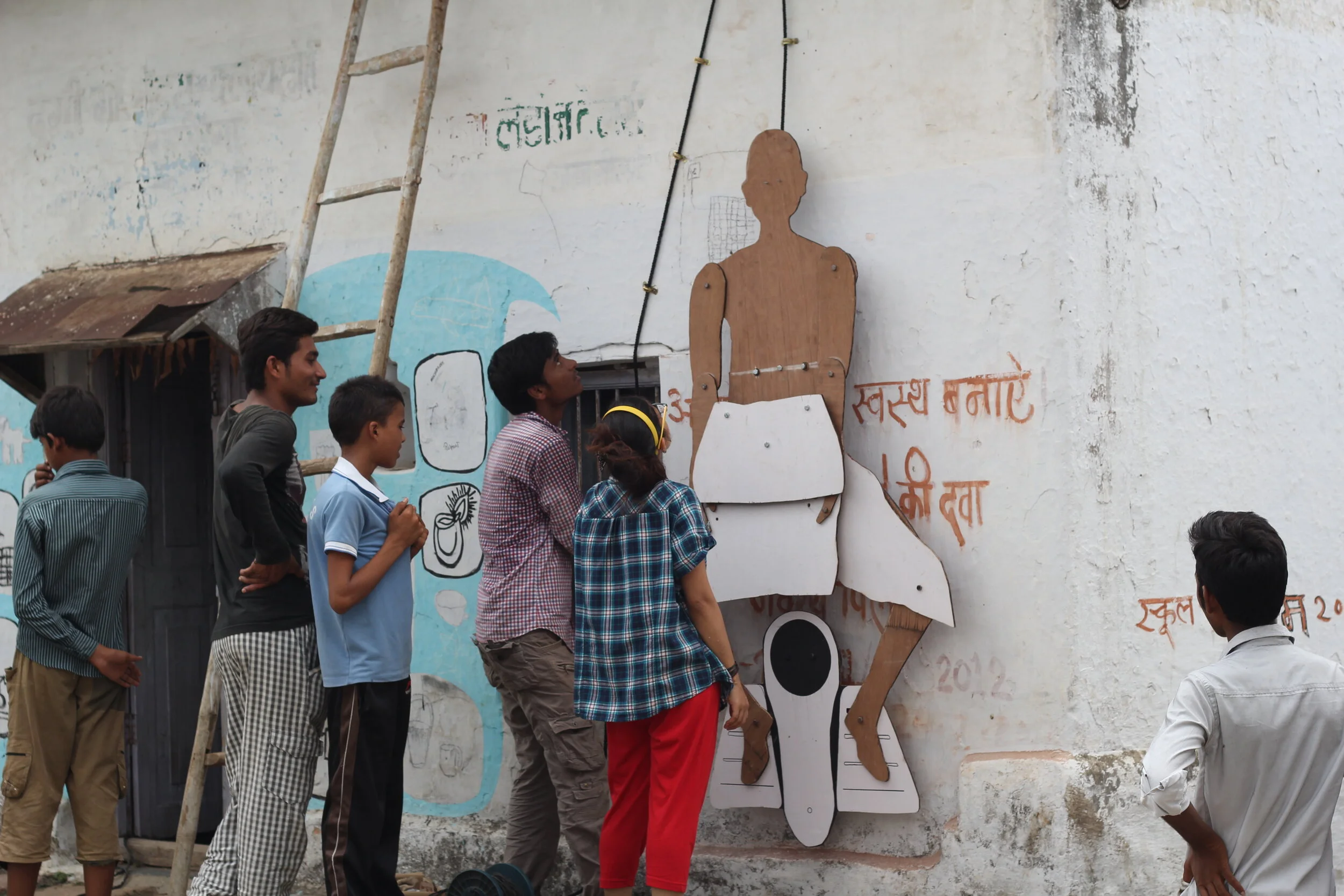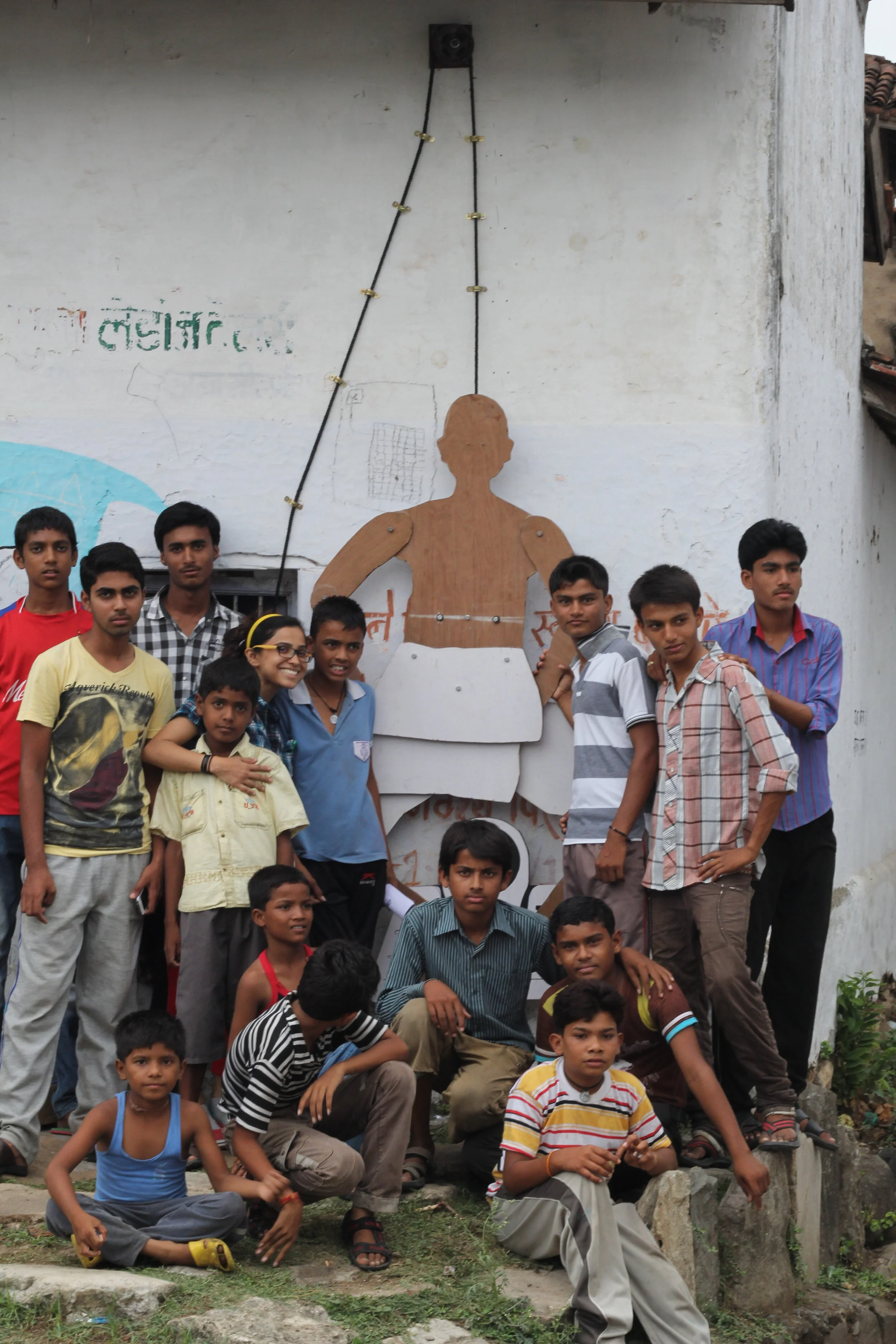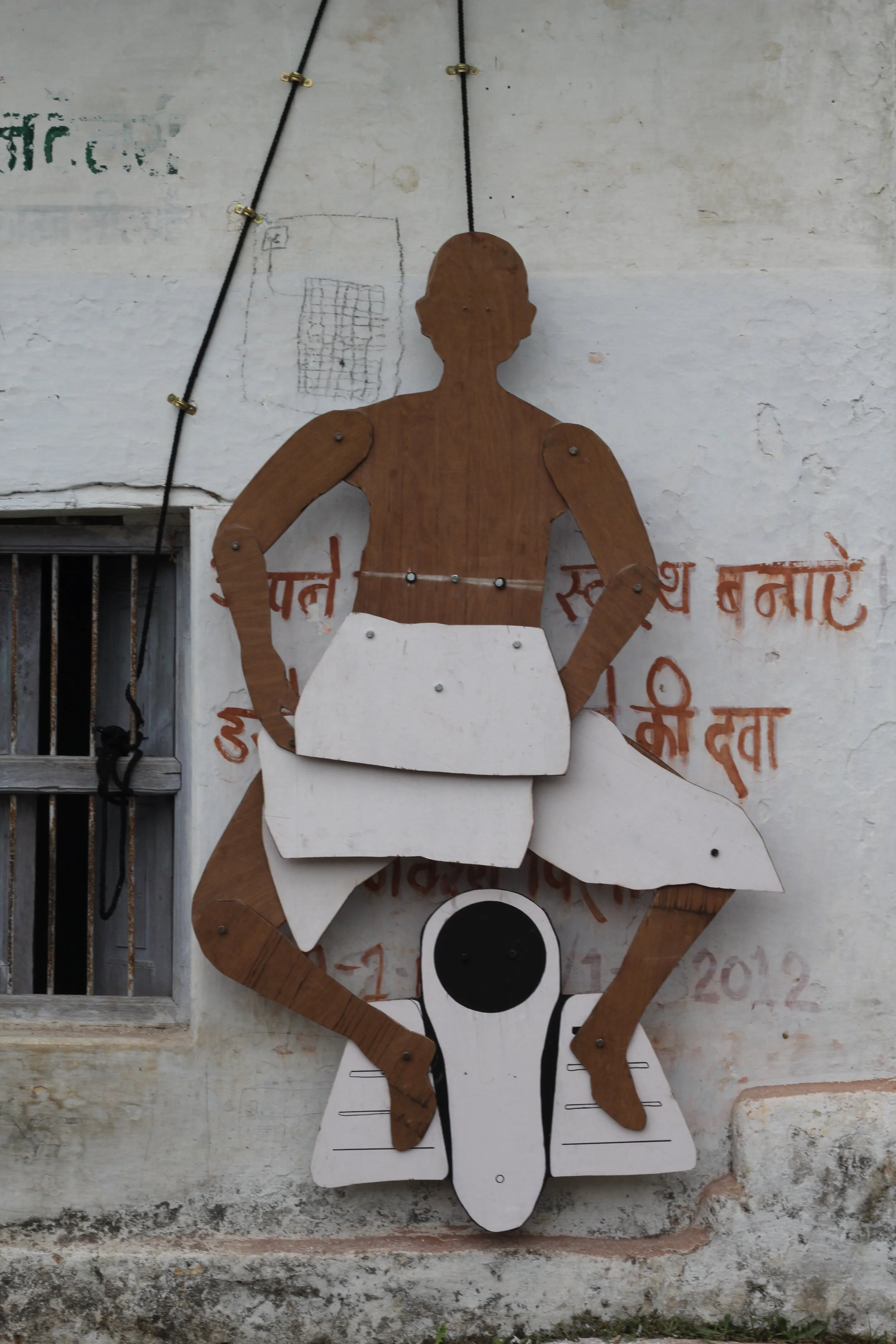Gram Art Project, Khoj 🕵️♀️
Delhi, Nagpur, Paradsigna, India
How might we create a sustainable solution for daily human and ecological needs of the deprived population of Paradsinga?
Gram Art Project aims to work in rural India on different farming, sanitation, and water issues. Through education, artist residencies, farmers exchange programs, and creative interventions, such challenges are designed to be minimized.
Gram Art Project is working with rural communities. Gram's primary concern is to provide sustainable solutions for day-to-day human life and ecological needs. Gram is based in Paradsinga Village of Madhya Pradesh, having a population of 4,000 people and approximately 1,000 homes, out of which only 30% of families have toilets and the remaining 70% of families defecate outside in public. For the 70% of families, Grampanchayat decided to build conventional toilets.
The village is facing a severe scarcity of freshwater. These conventional toilets require a substantial amount of freshwater for cleansing and flushing purposes. All this waste is left into the village river, further contaminating it. This contaminated and hazardous water is consumed by villagers and animals, bringing them various diseases and making their lives miserable.
As an artist, I stayed in the village for one month to help with this process and educate the villagers regarding sanitation and toilet usage. Due to my specialization in puppet making, I worked with the human form.
One day I walked the streets of Paradsinga towards the river. In the spur of the moment, while looking at the beautiful scenery and colorful homes, my eyes halted at the sight of an older man defecating out in the open near the river. I was speechless.
I created a large standing silhouette of a man on the eco-toilet hung on the wall, which, when pulled by the rope, would sit down on the toilet--a perfect depiction of how an eco-toilet is to be used.
To support the art form, I conducted a survey and discovered that farmers annually spend around Rs. 30,000 – Rs. 60,000 (Indian Currency) on farming products. The use of eco-toilets was advised to inform these farmers about one-time investment and plenty of available soil and fertilizers for their fields. This thought worked on two ends, one talking about ecology-sanitation and the other irrigation.
